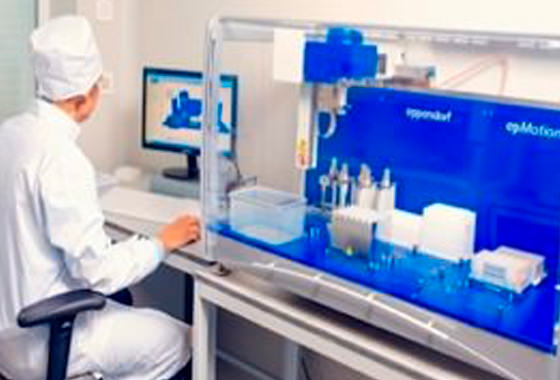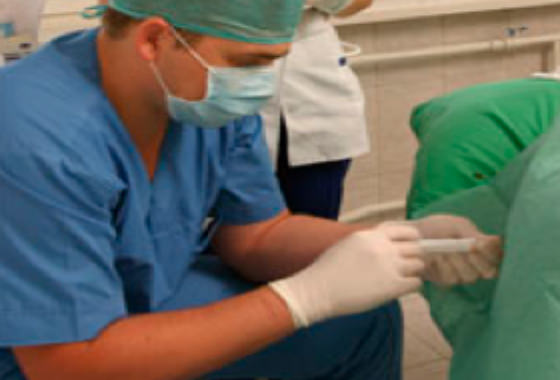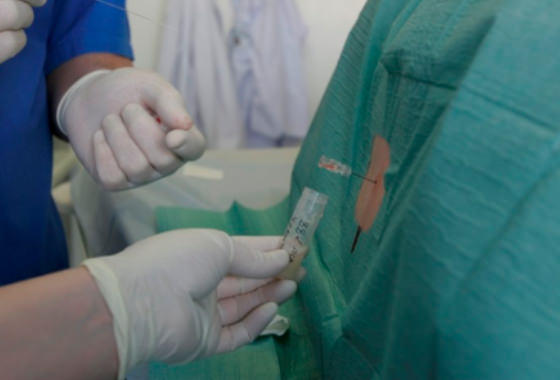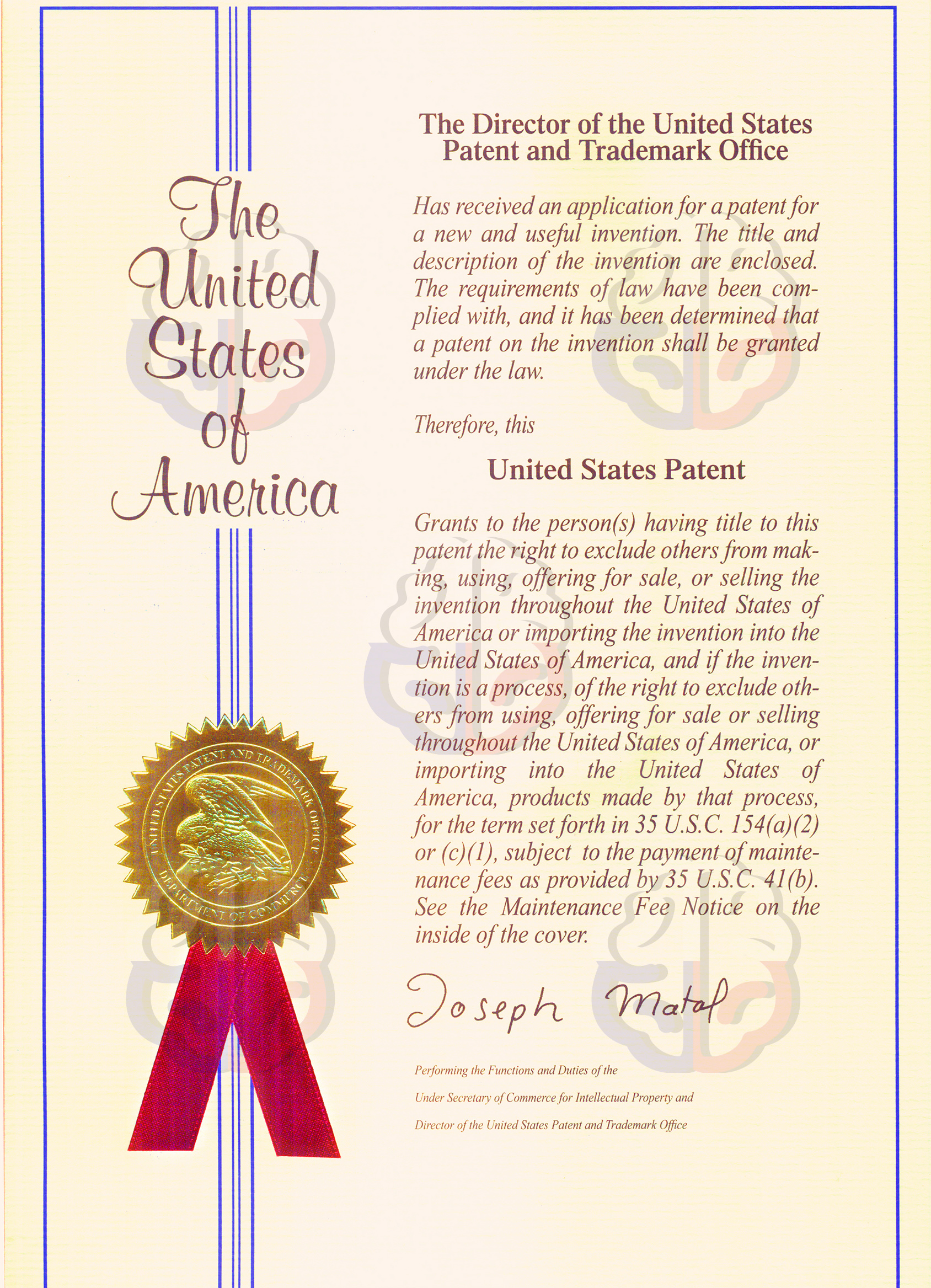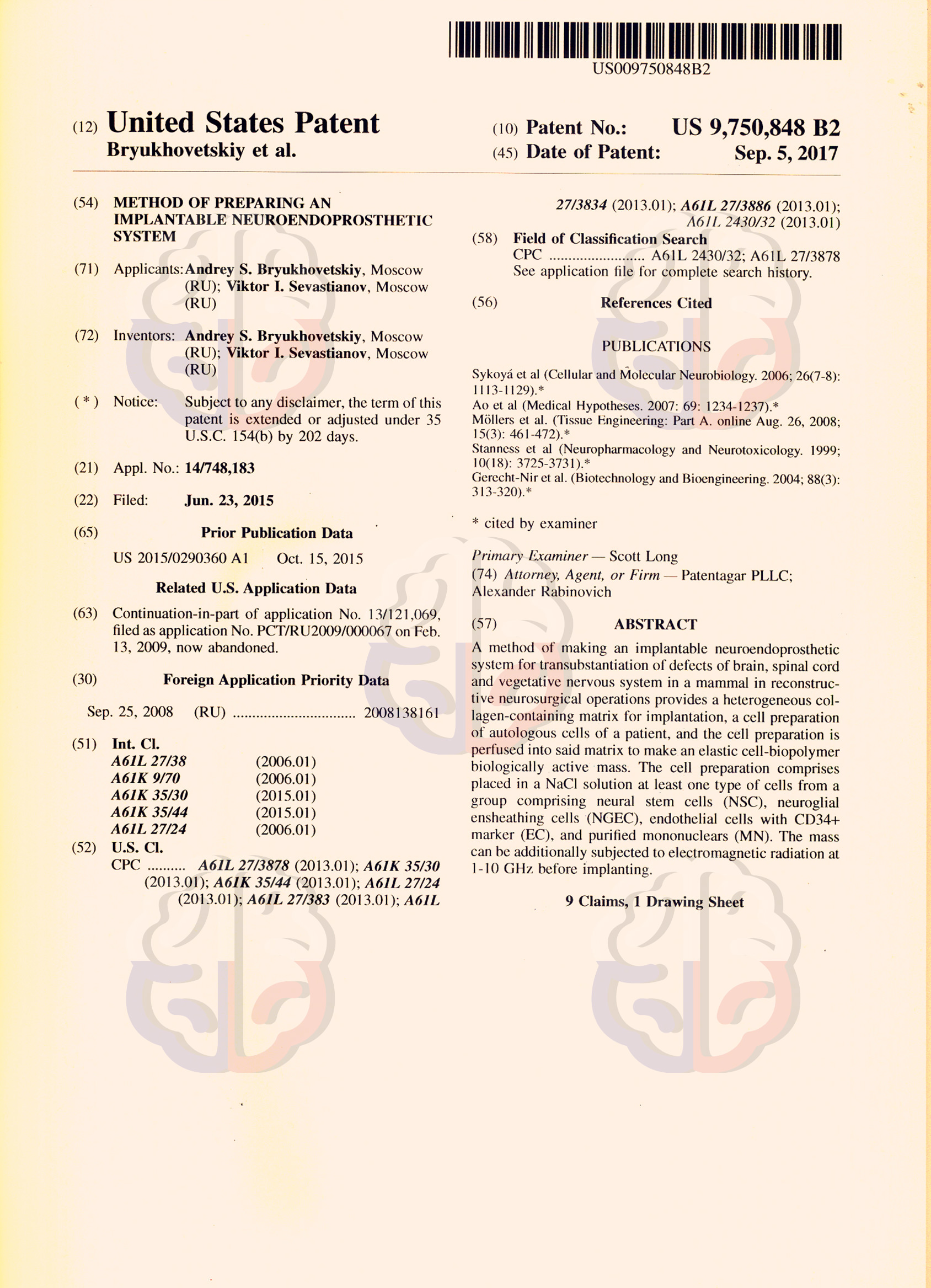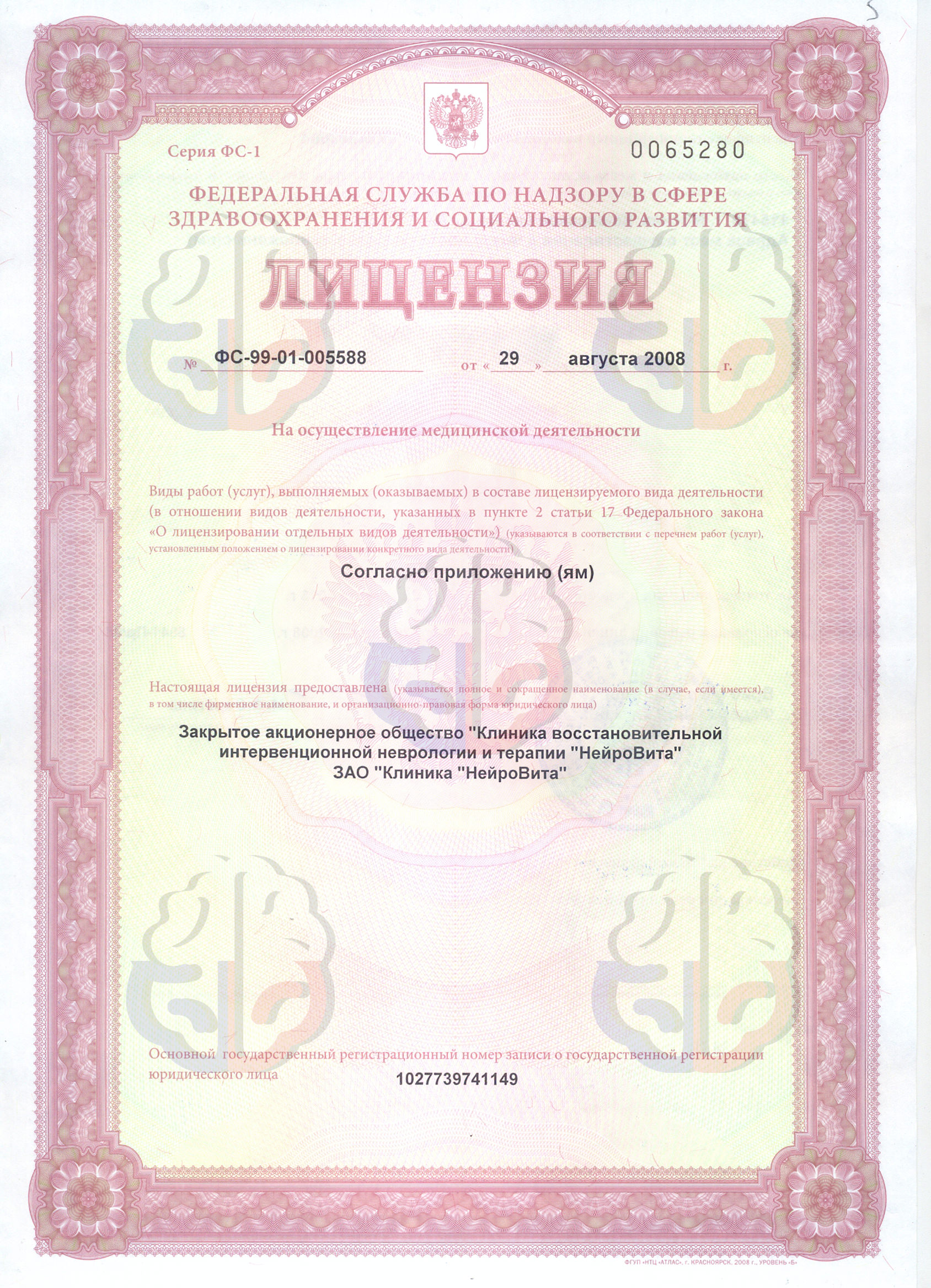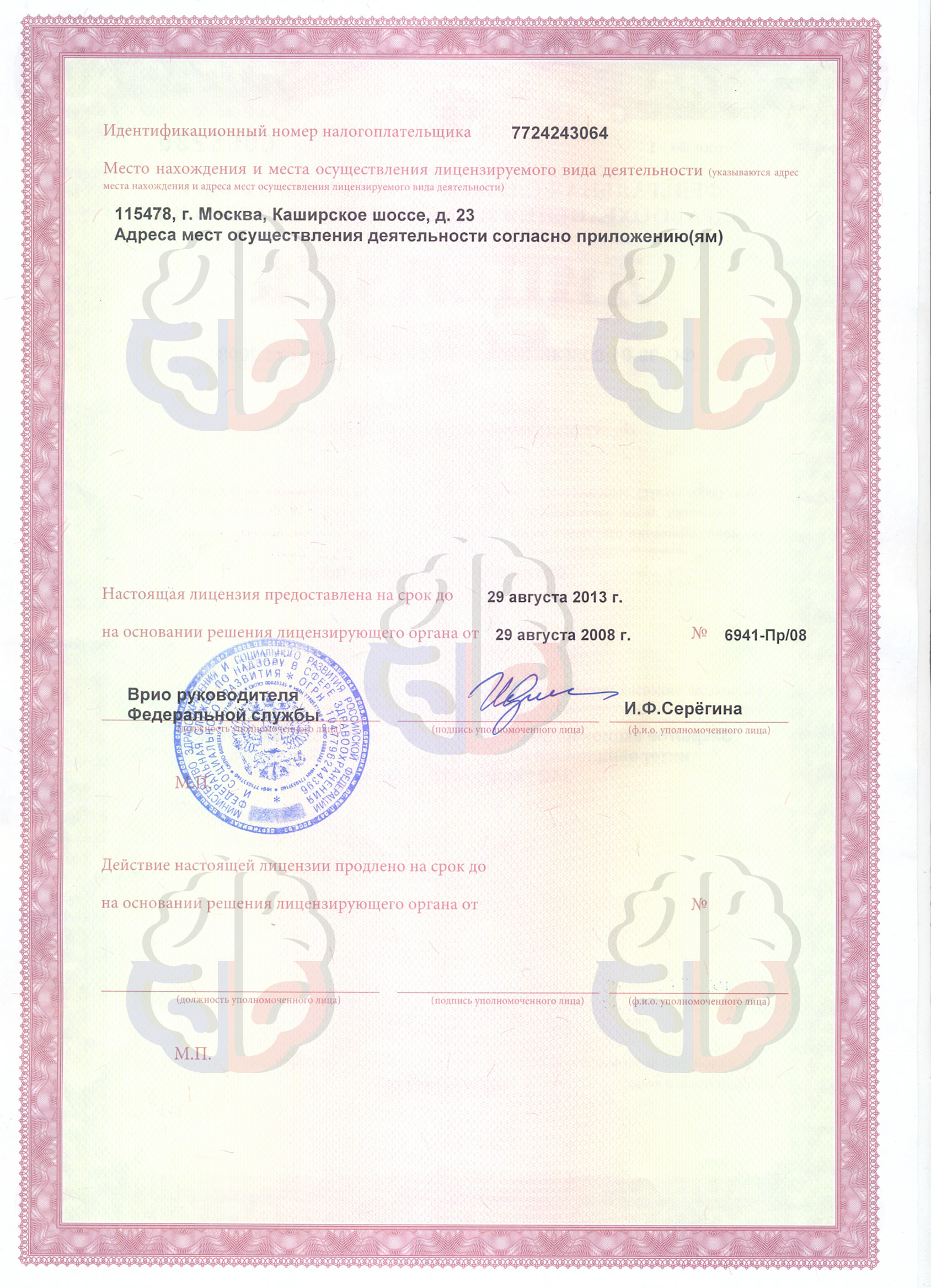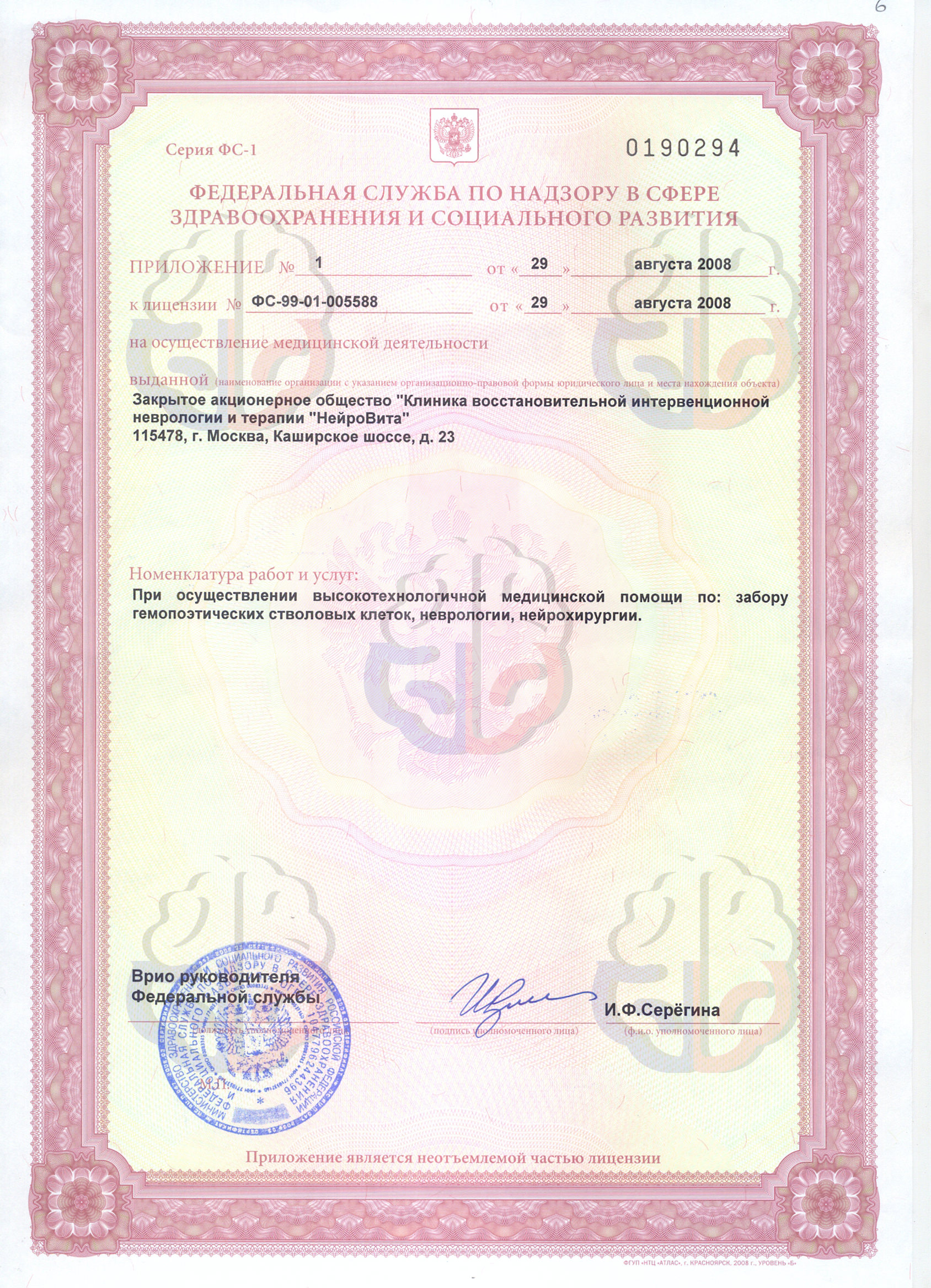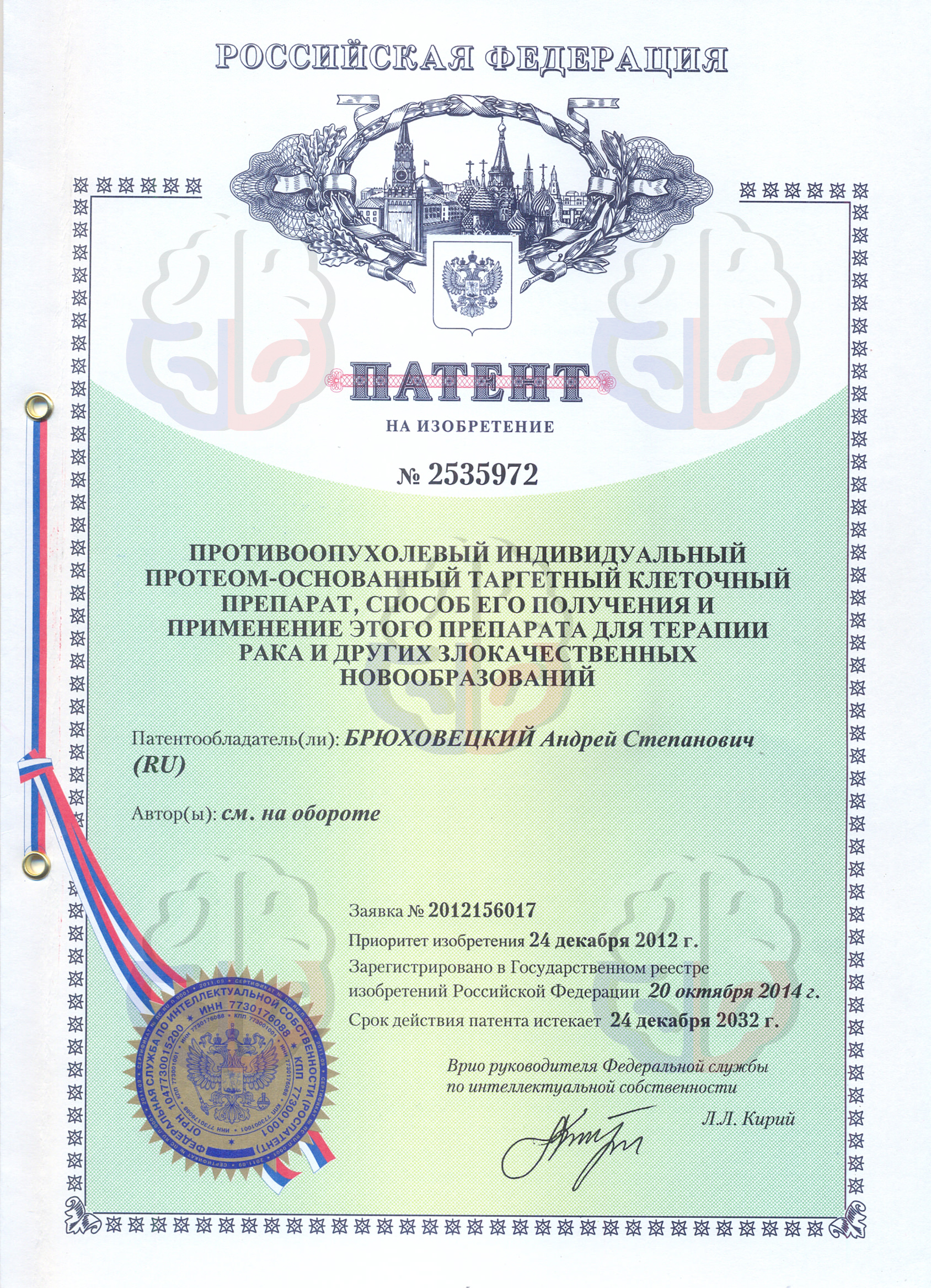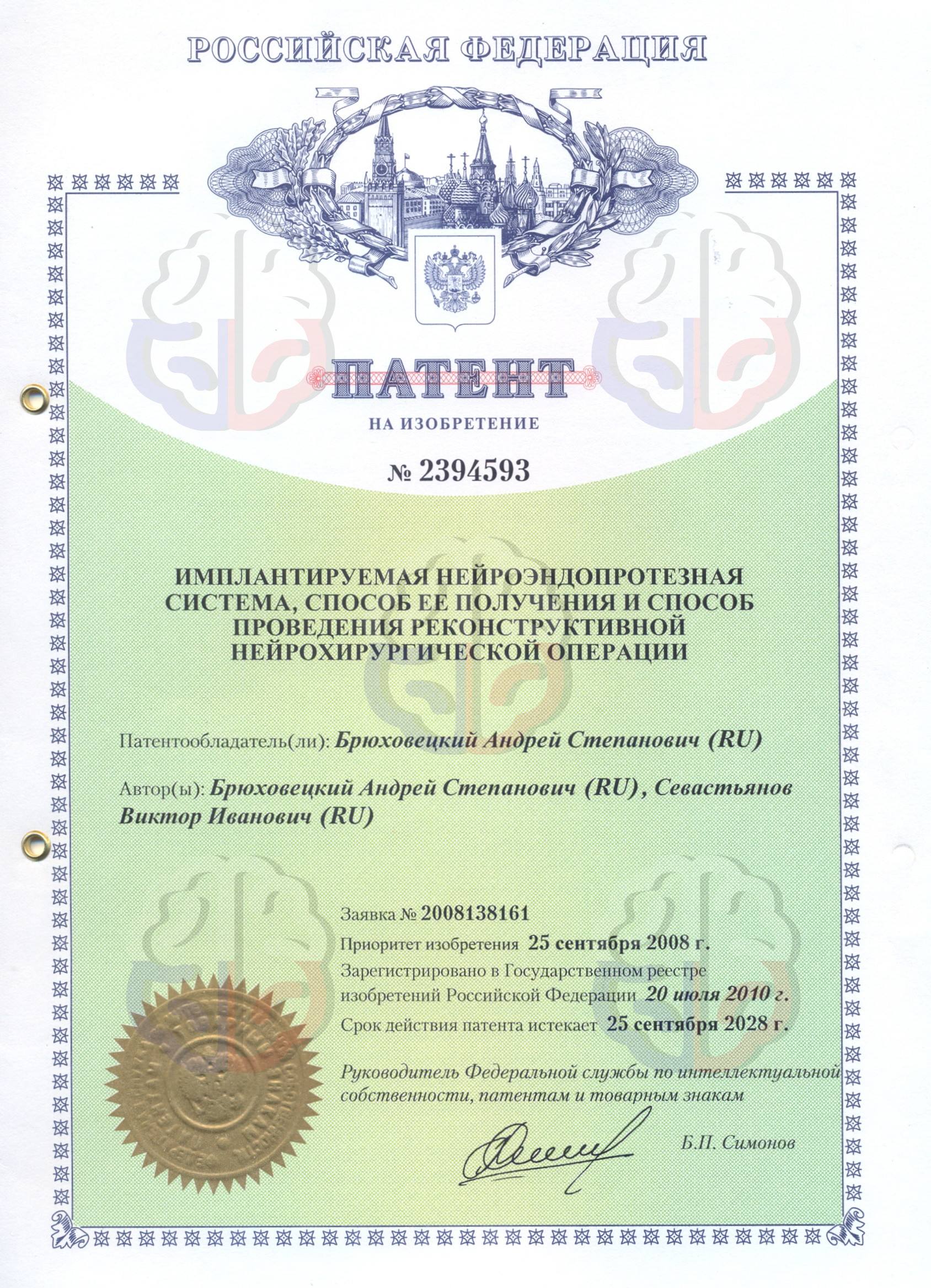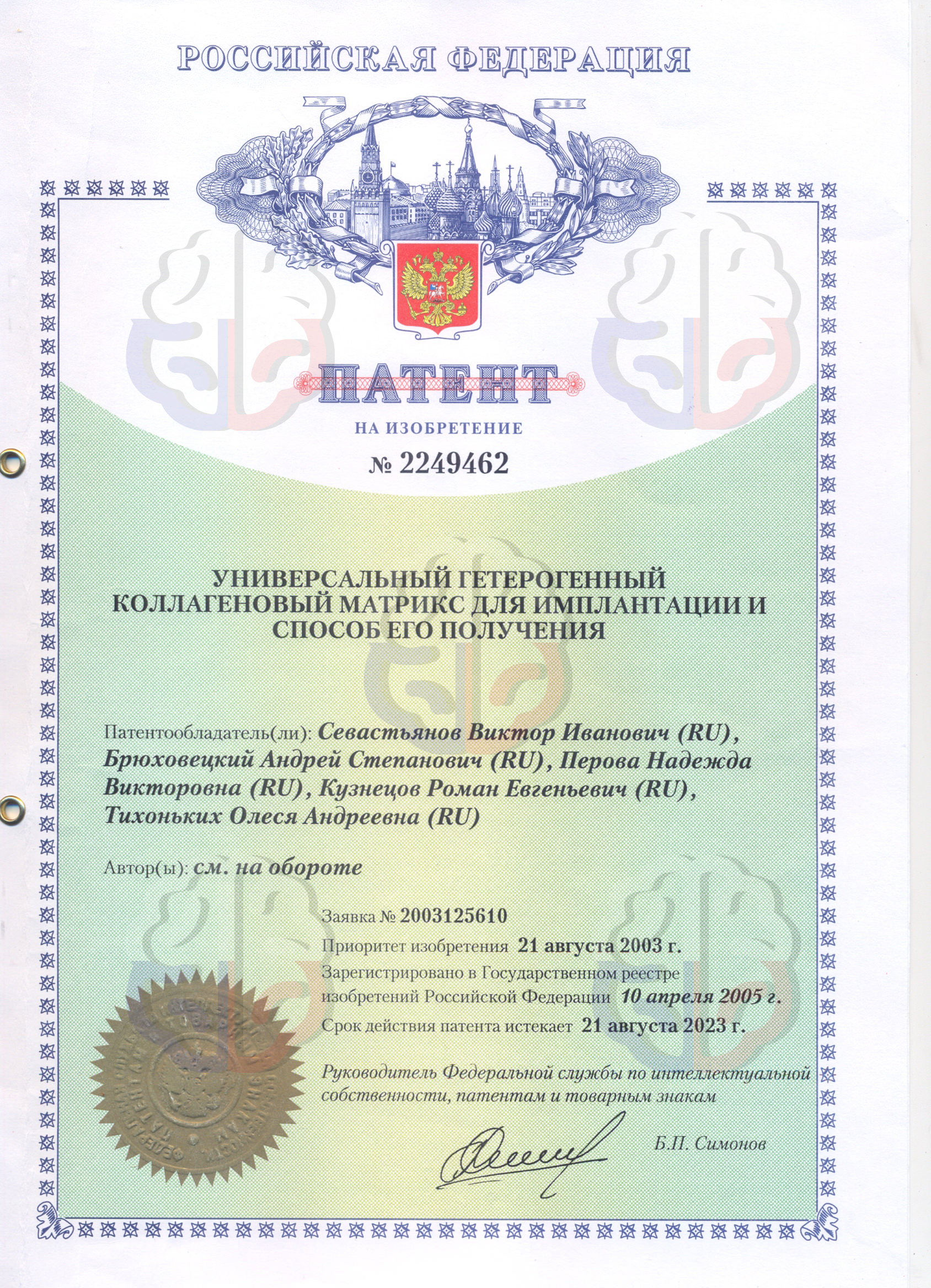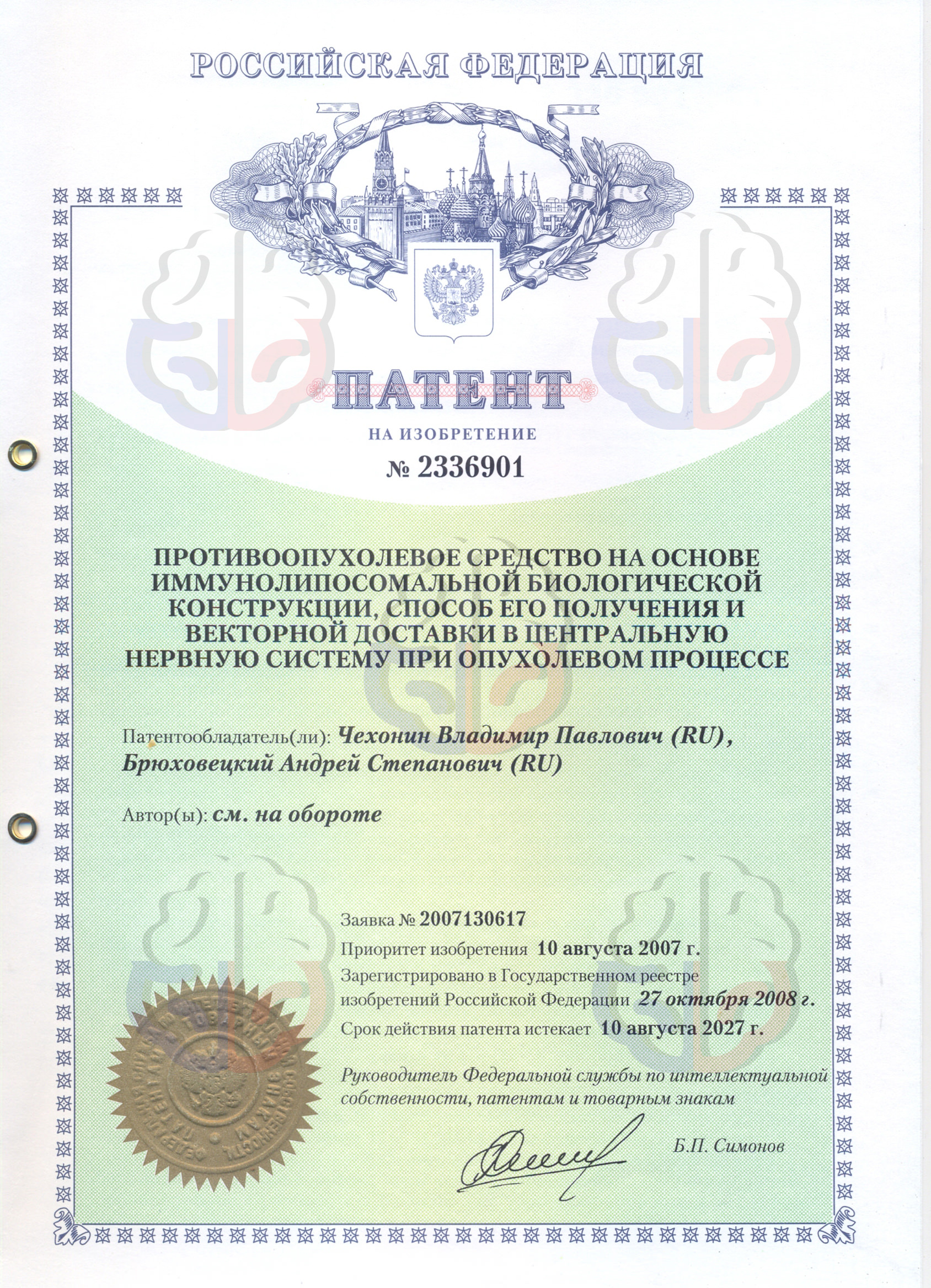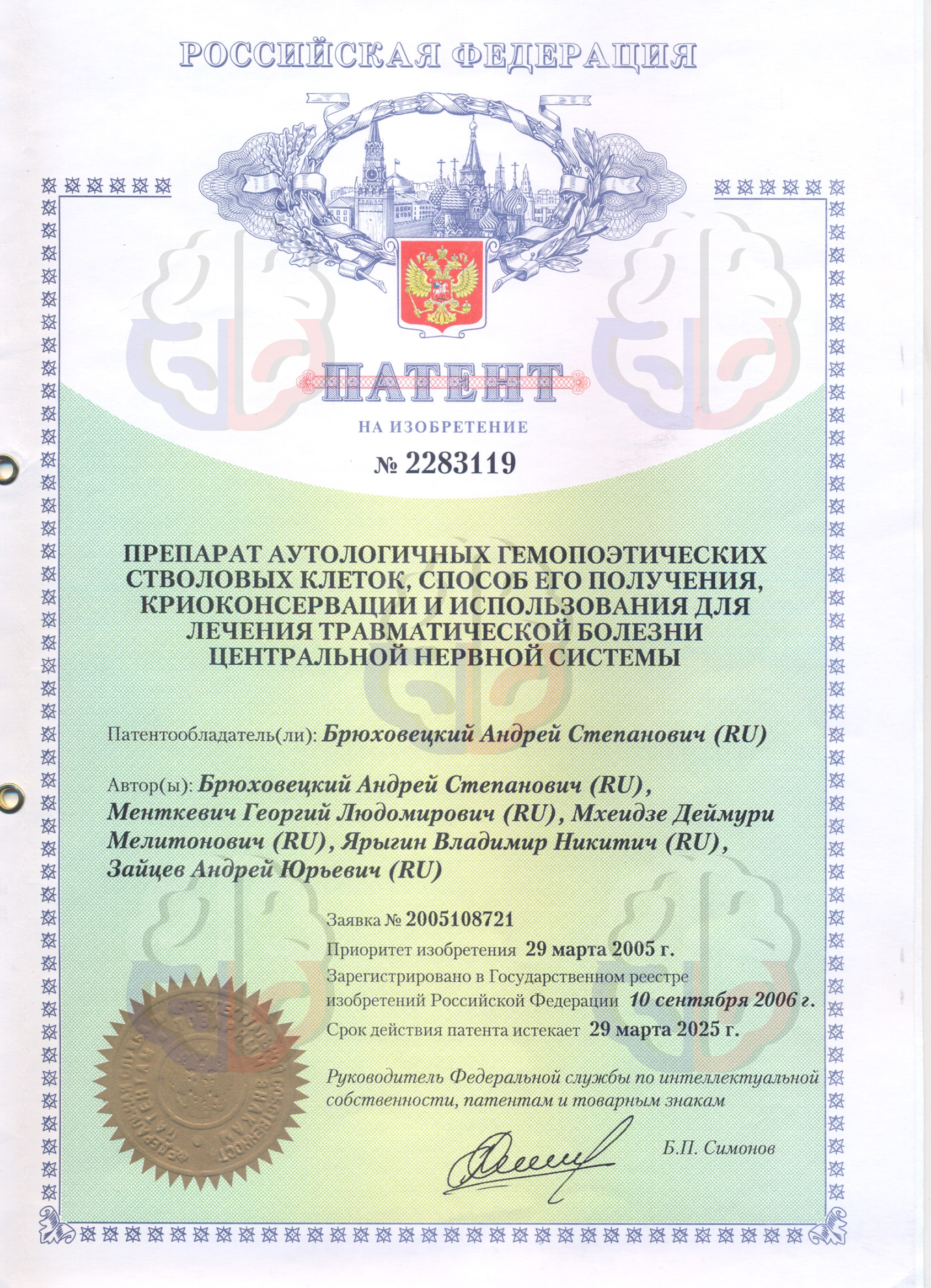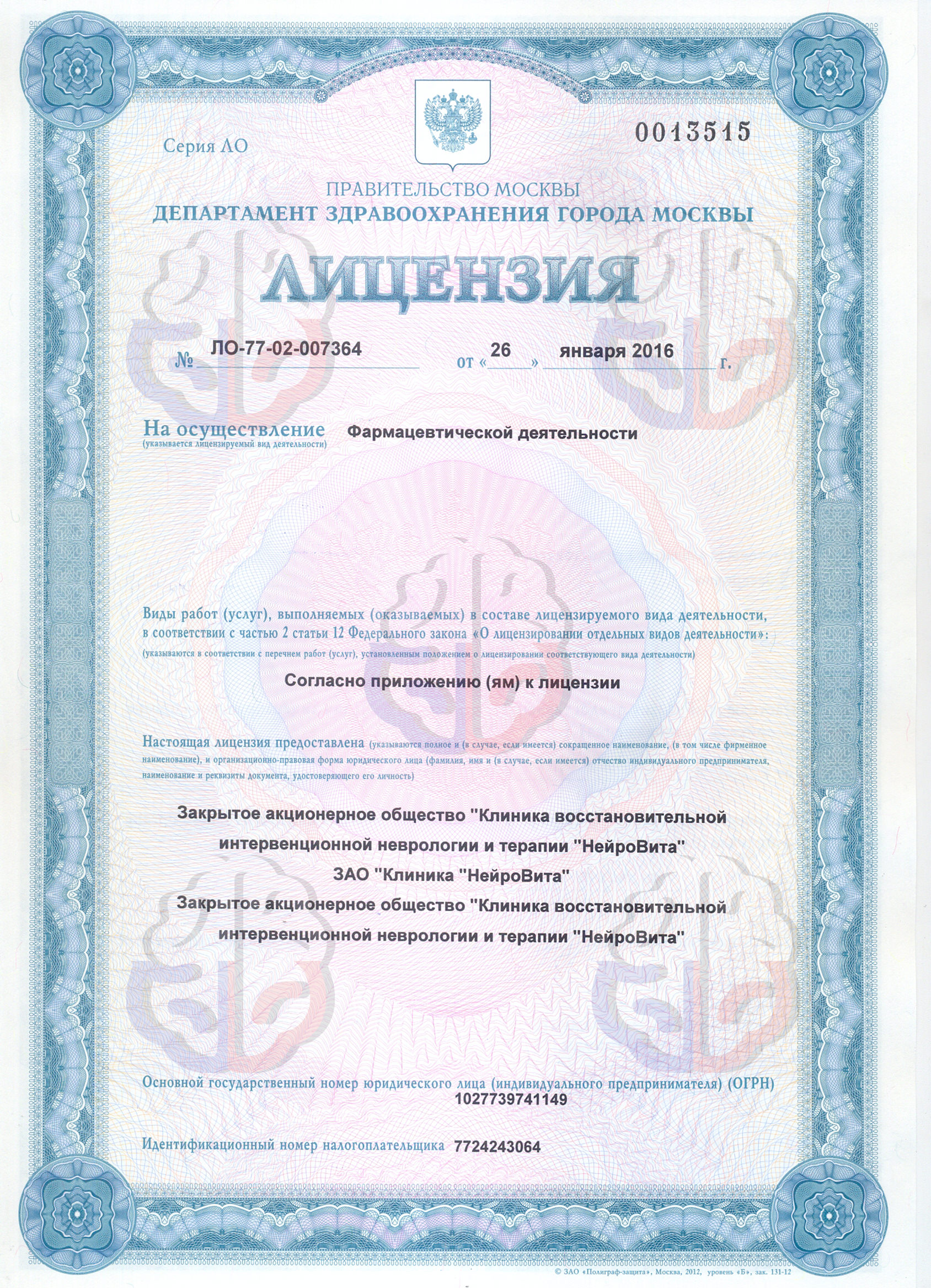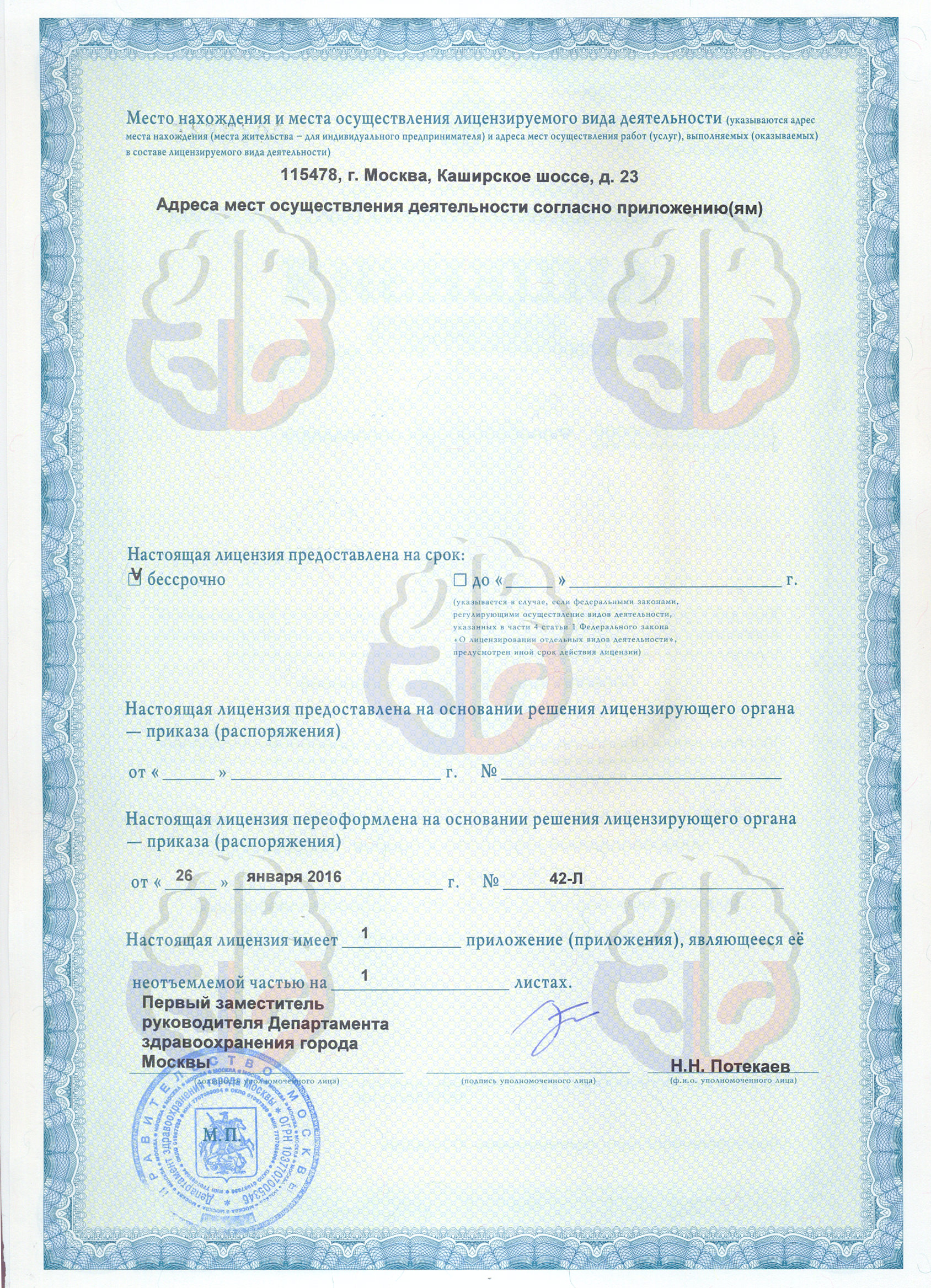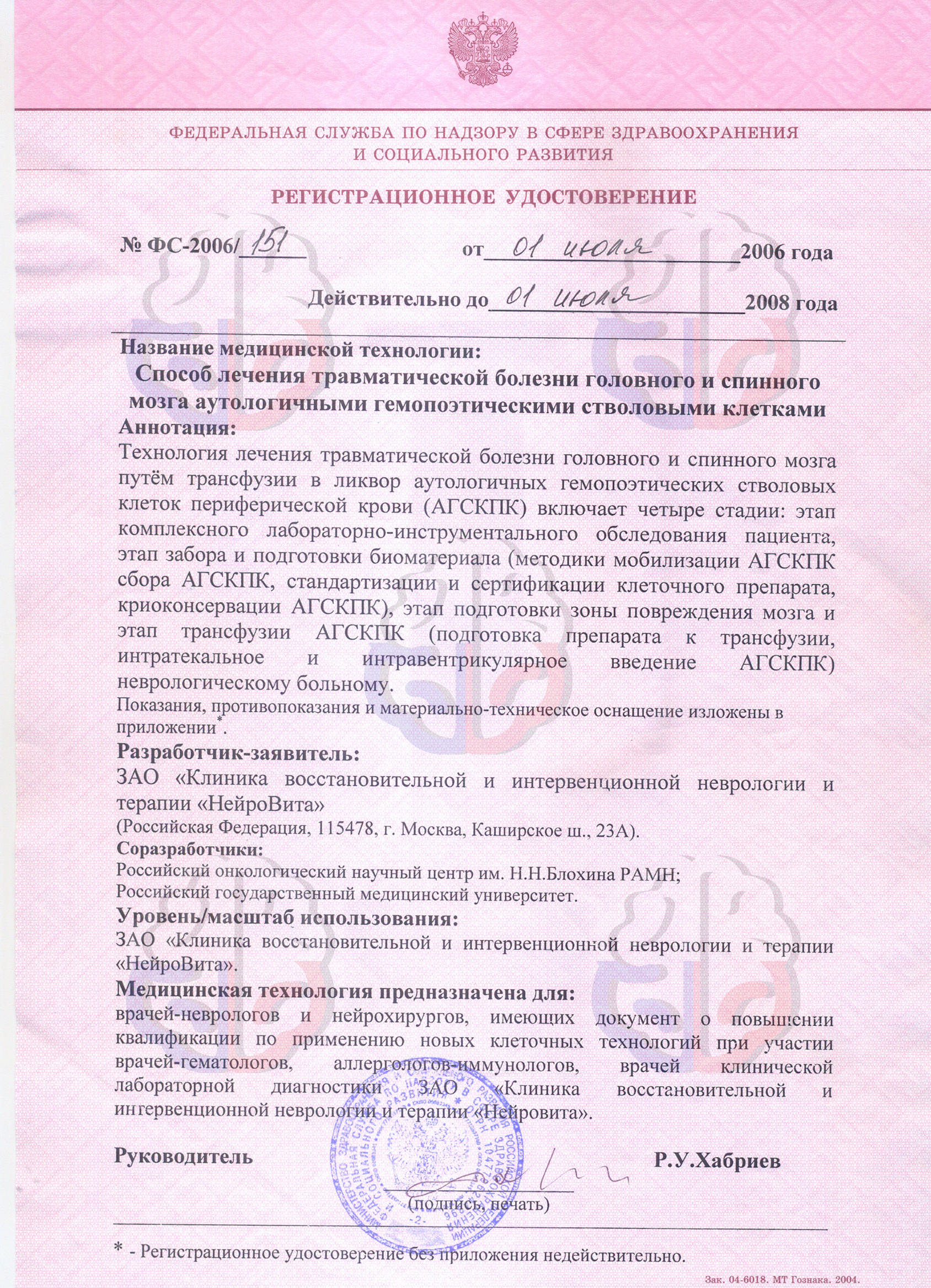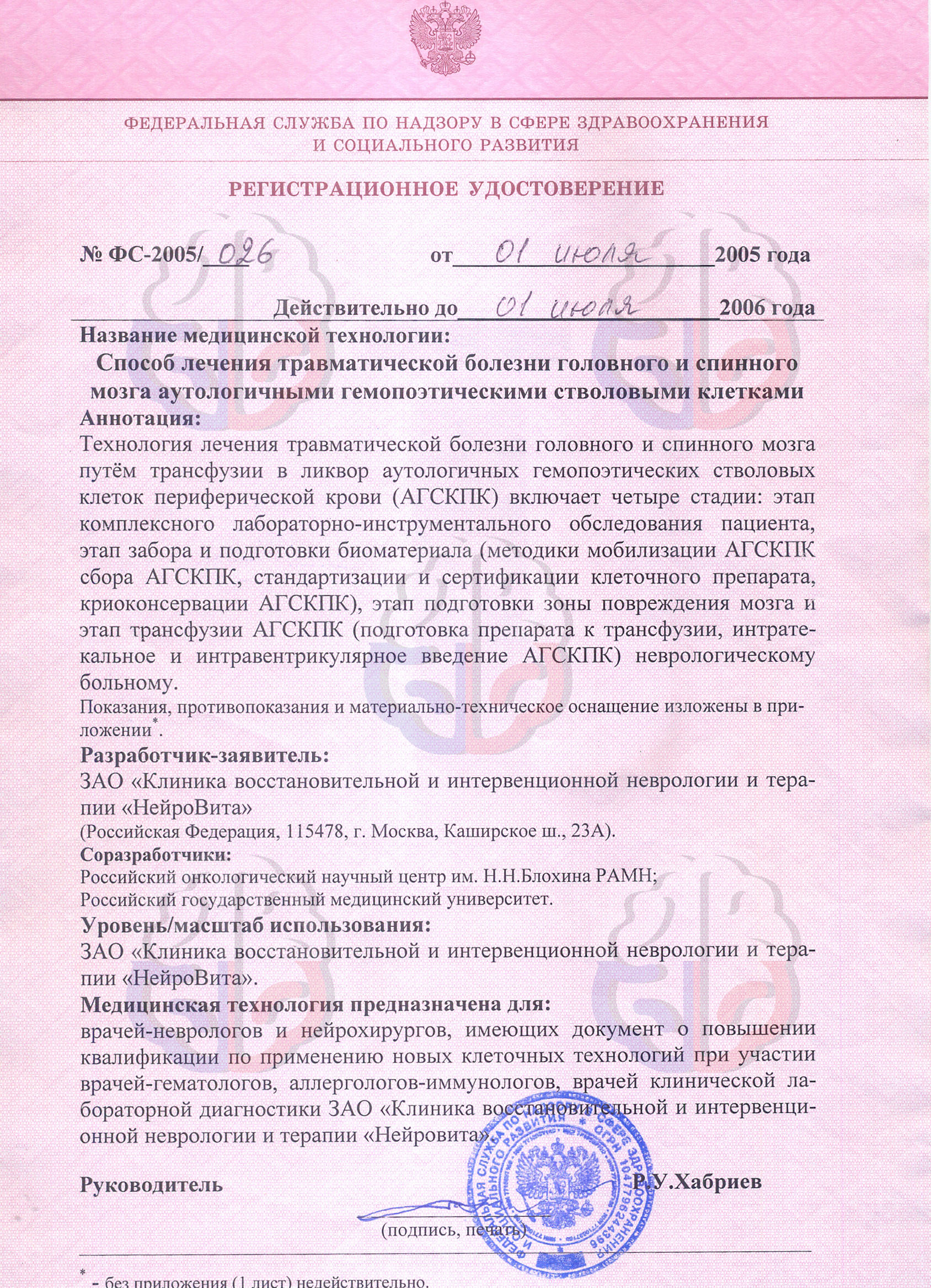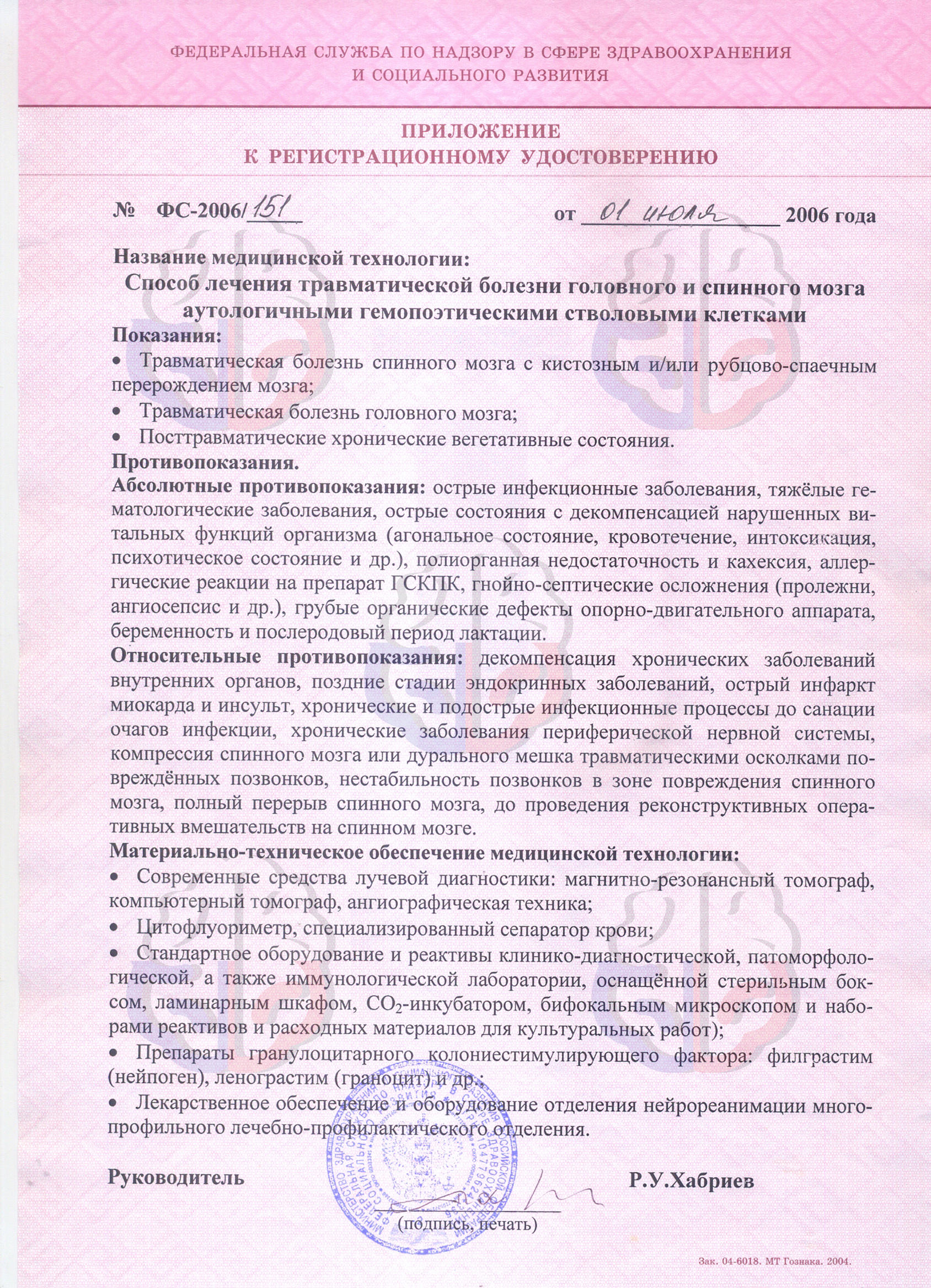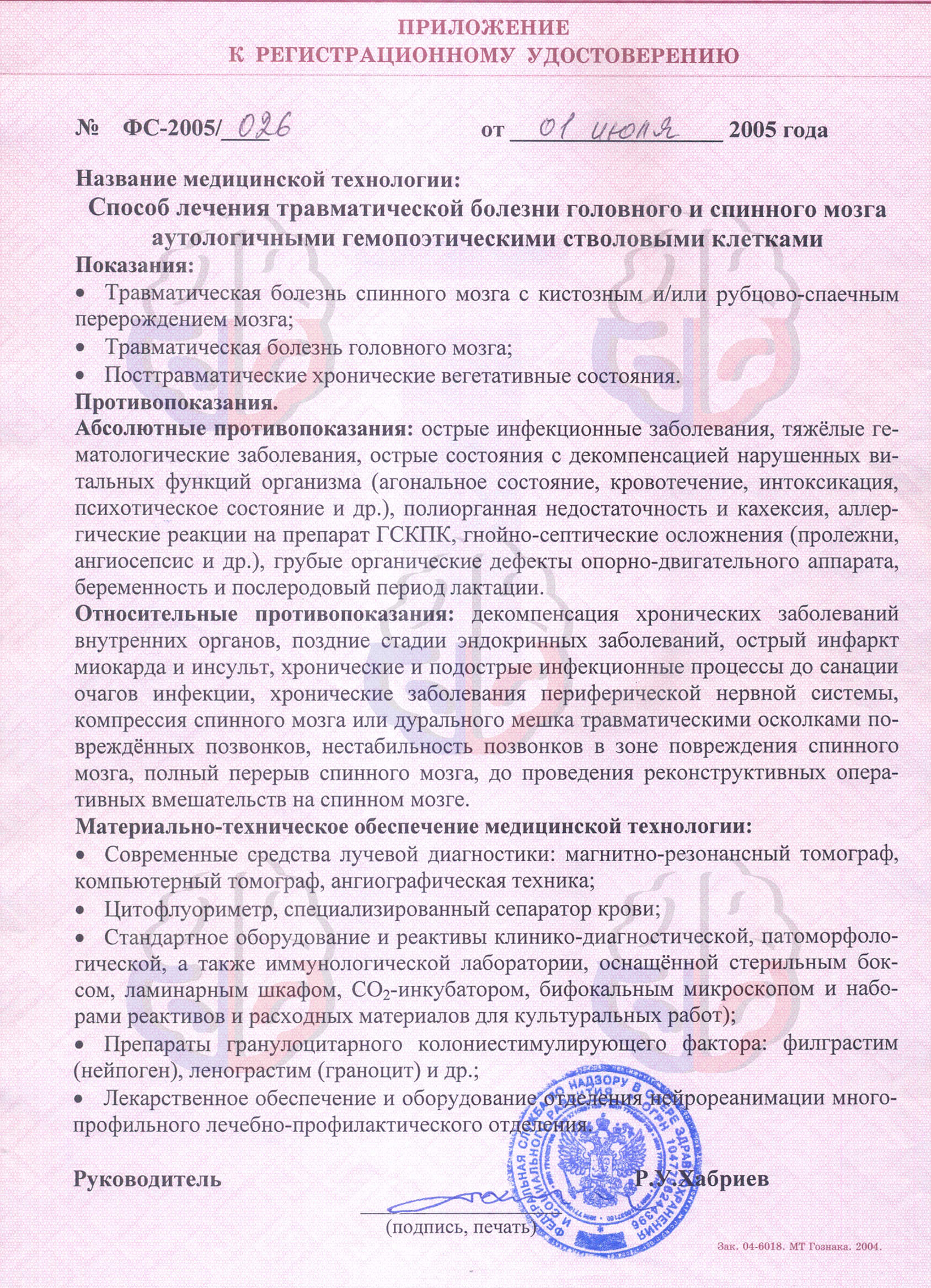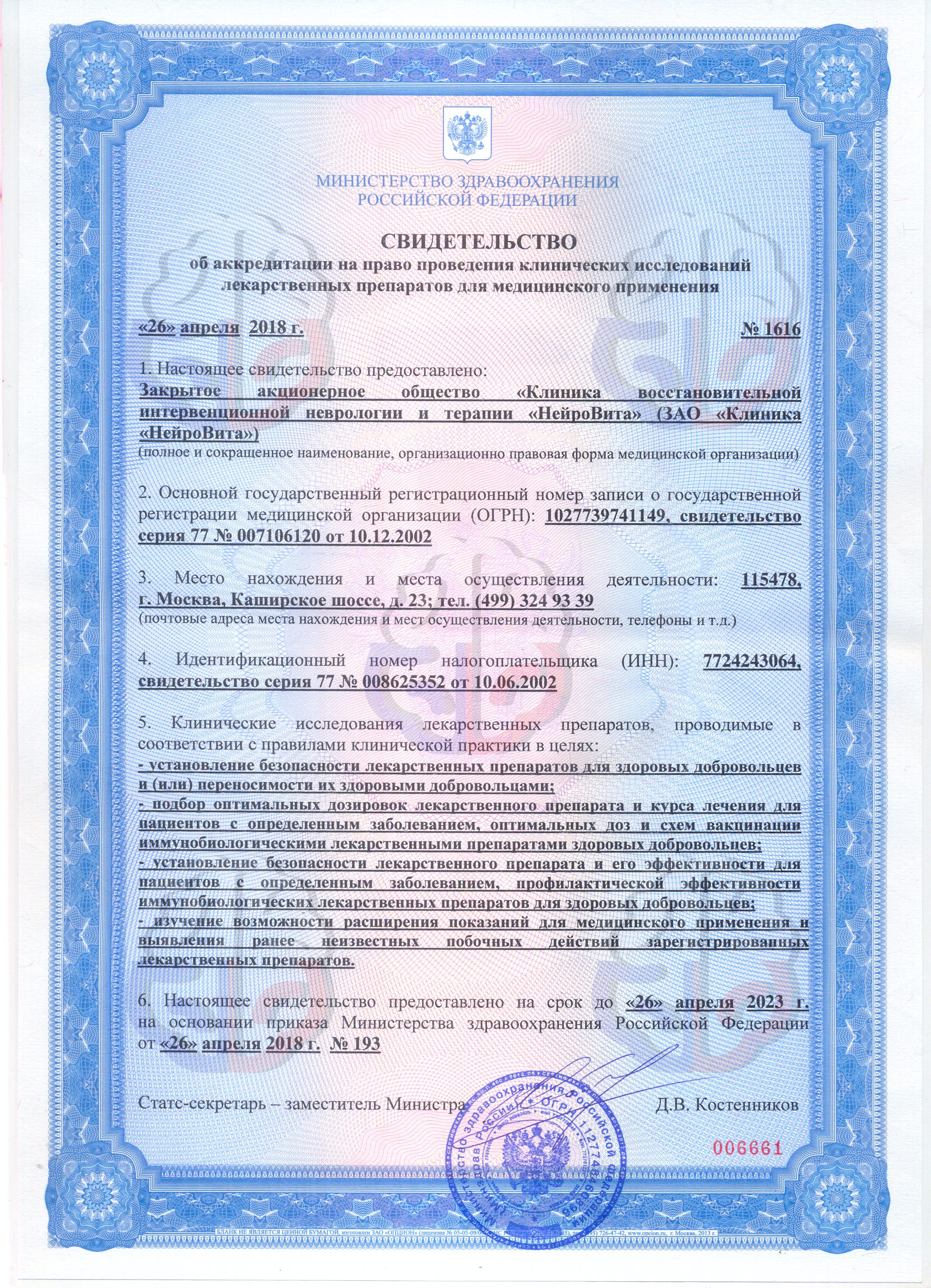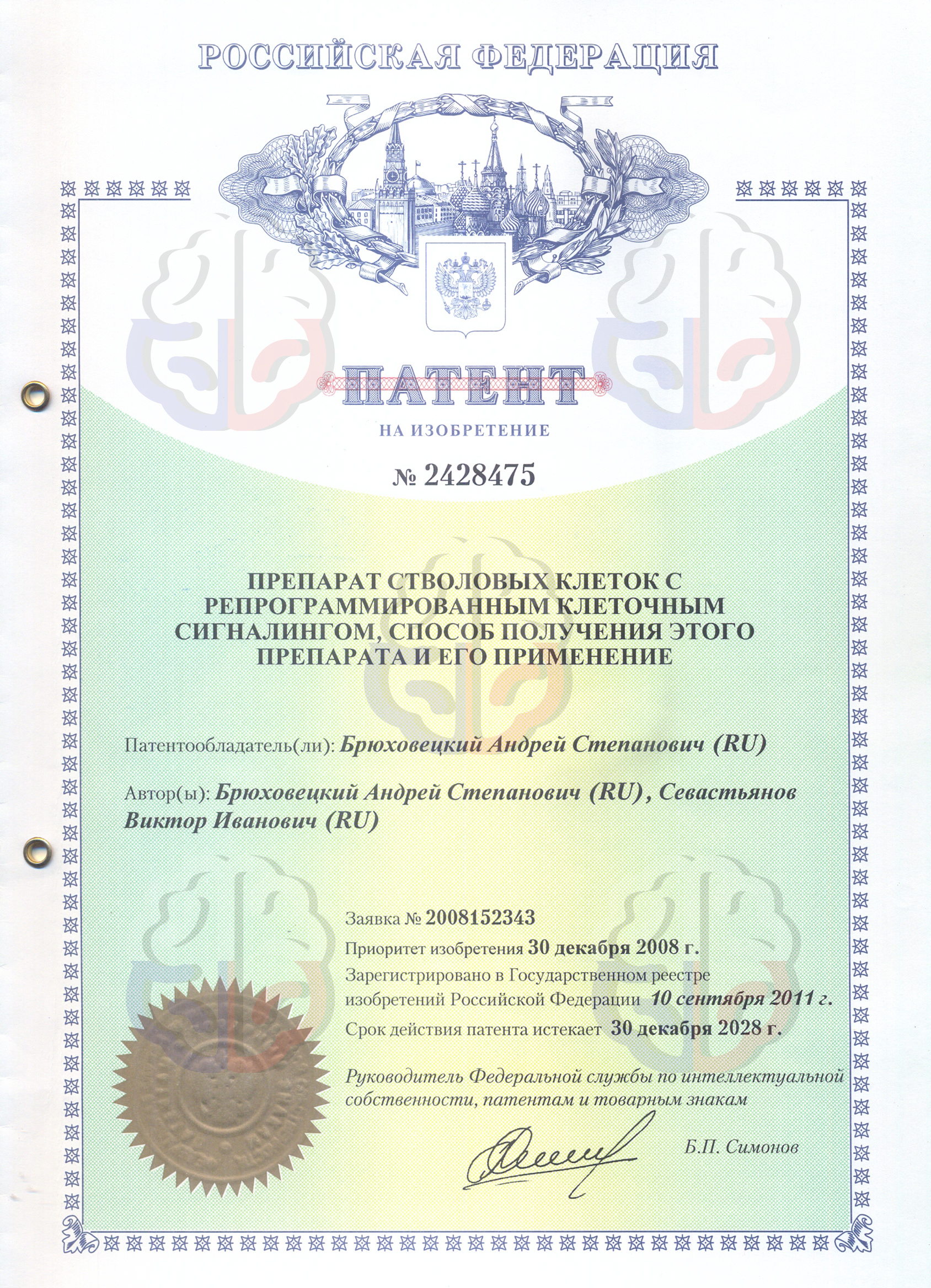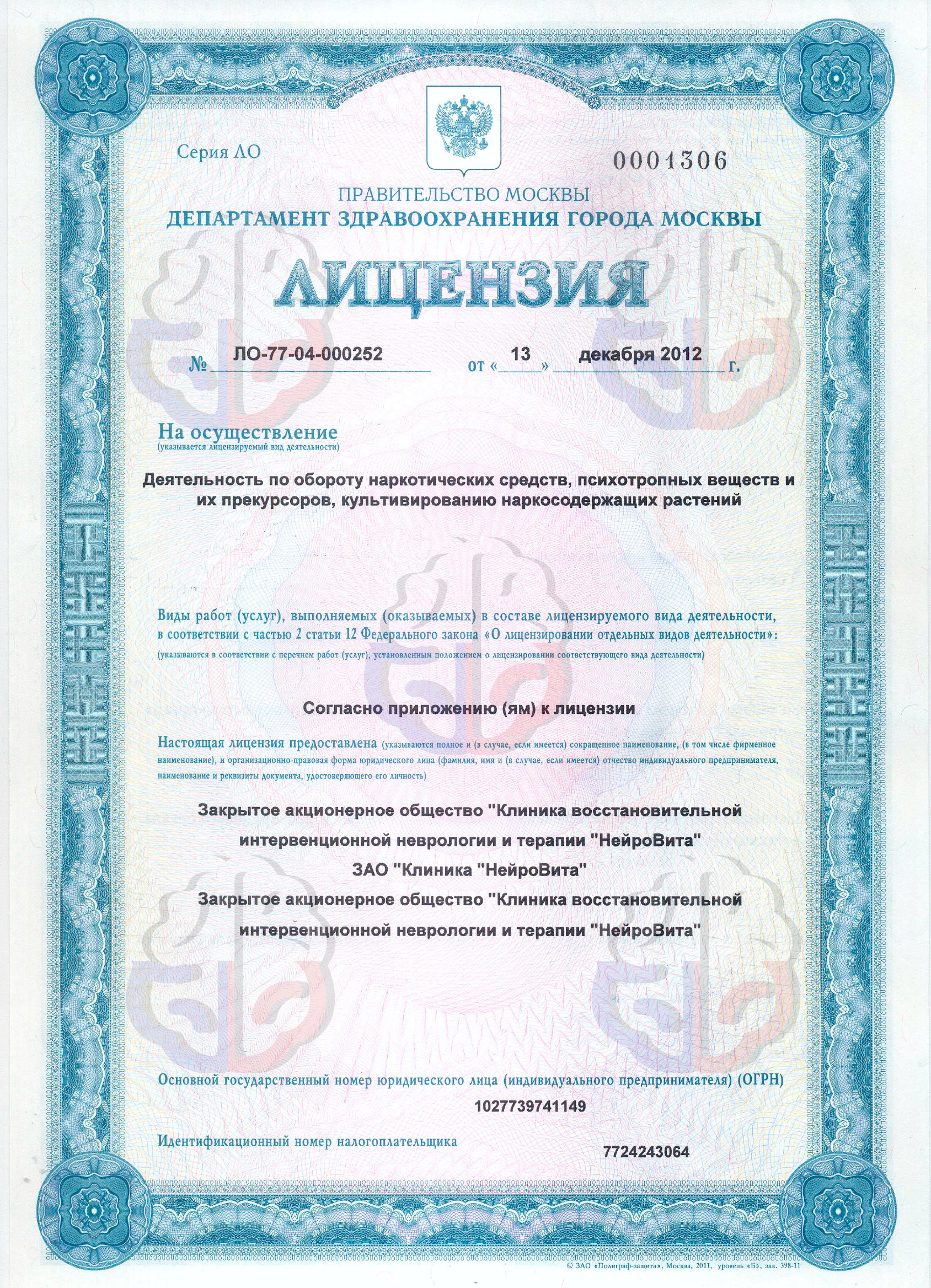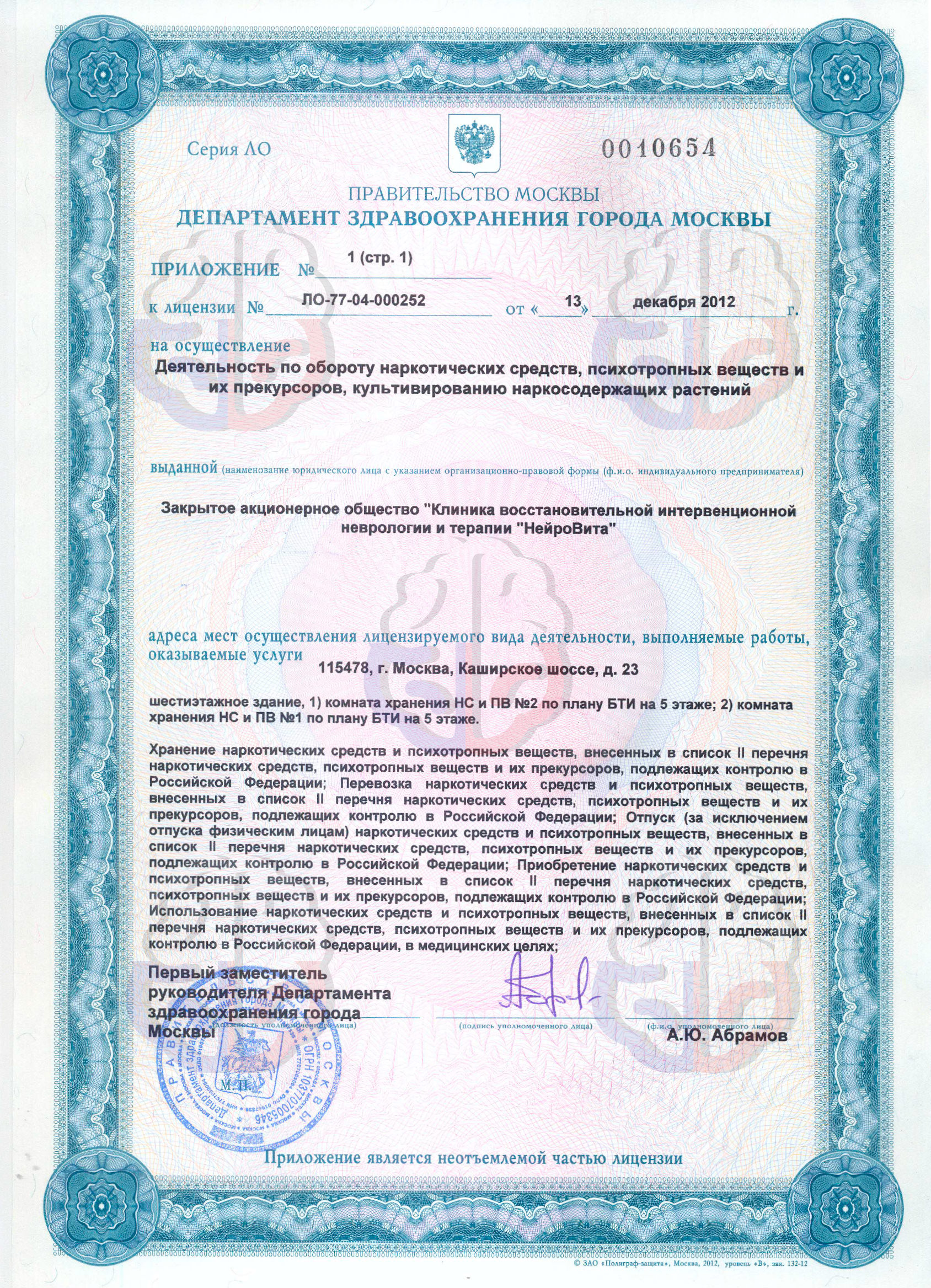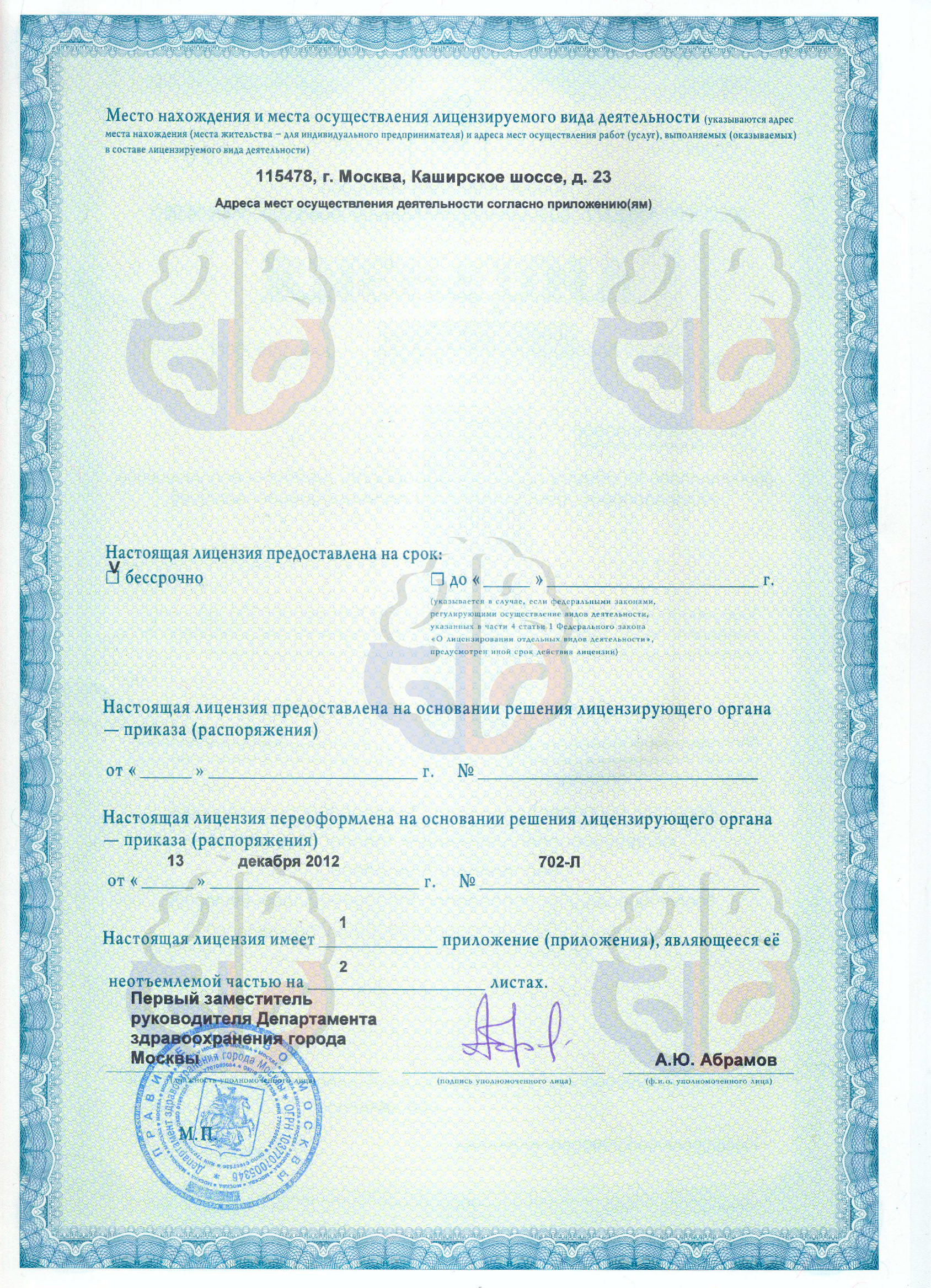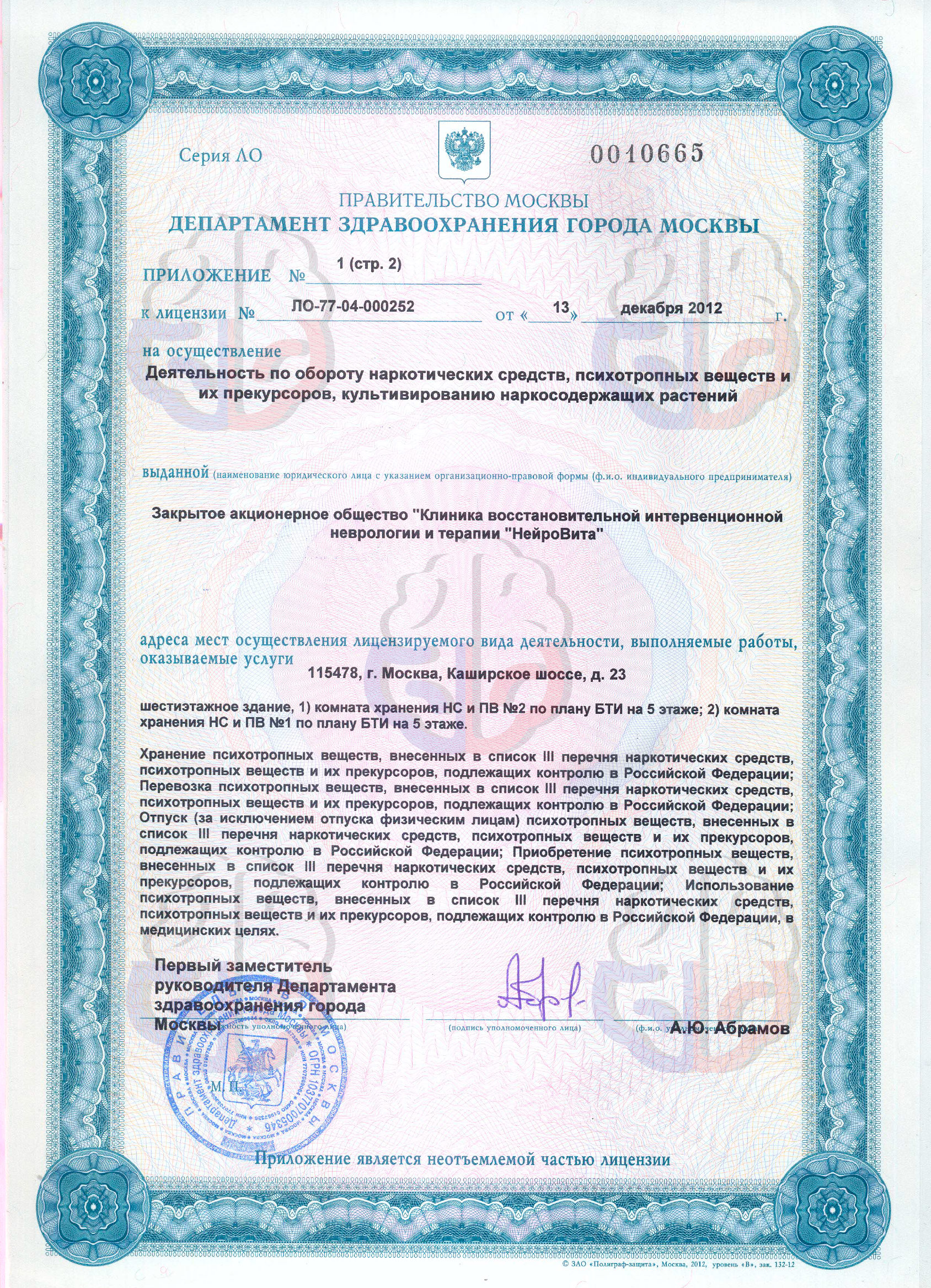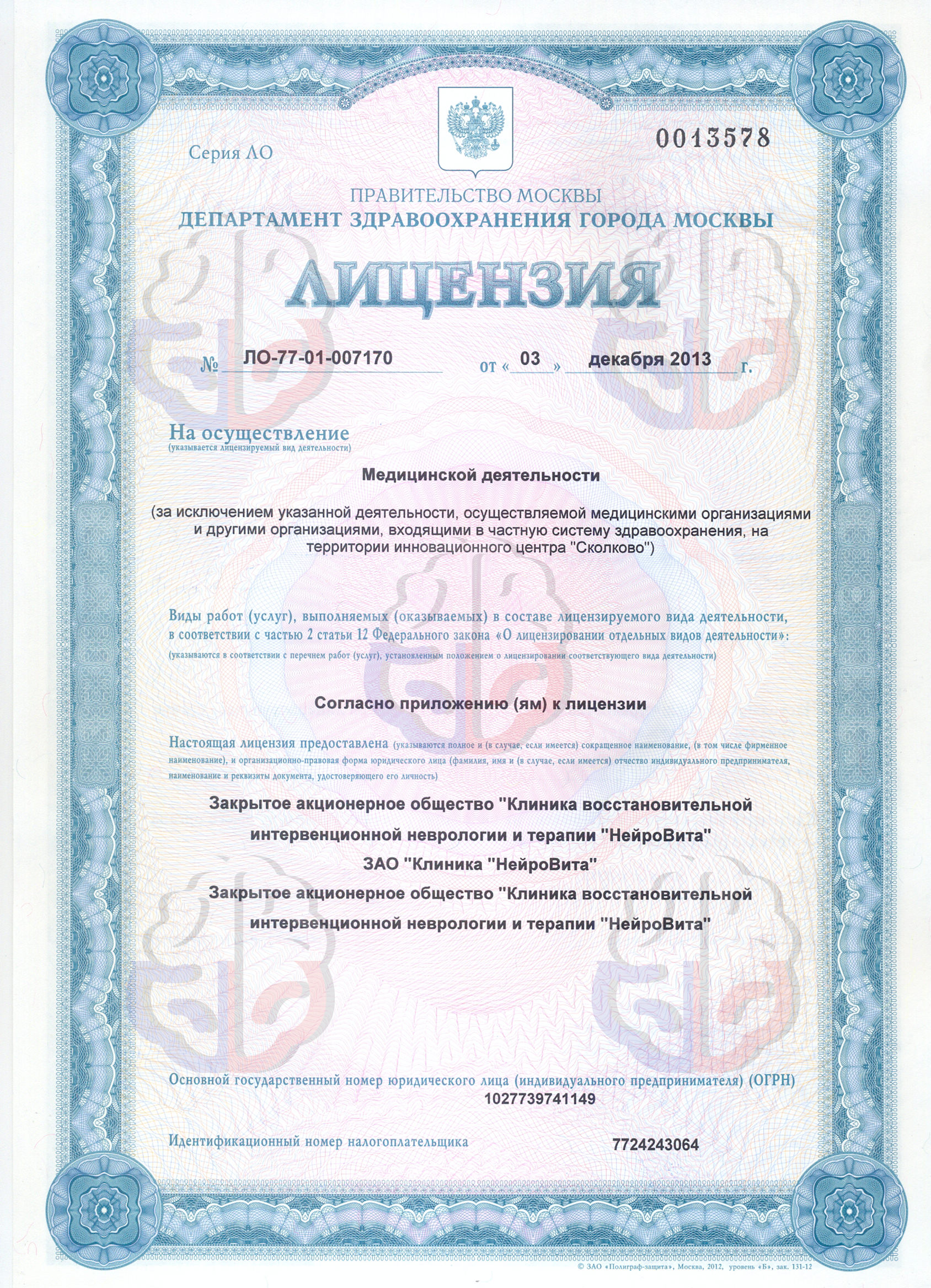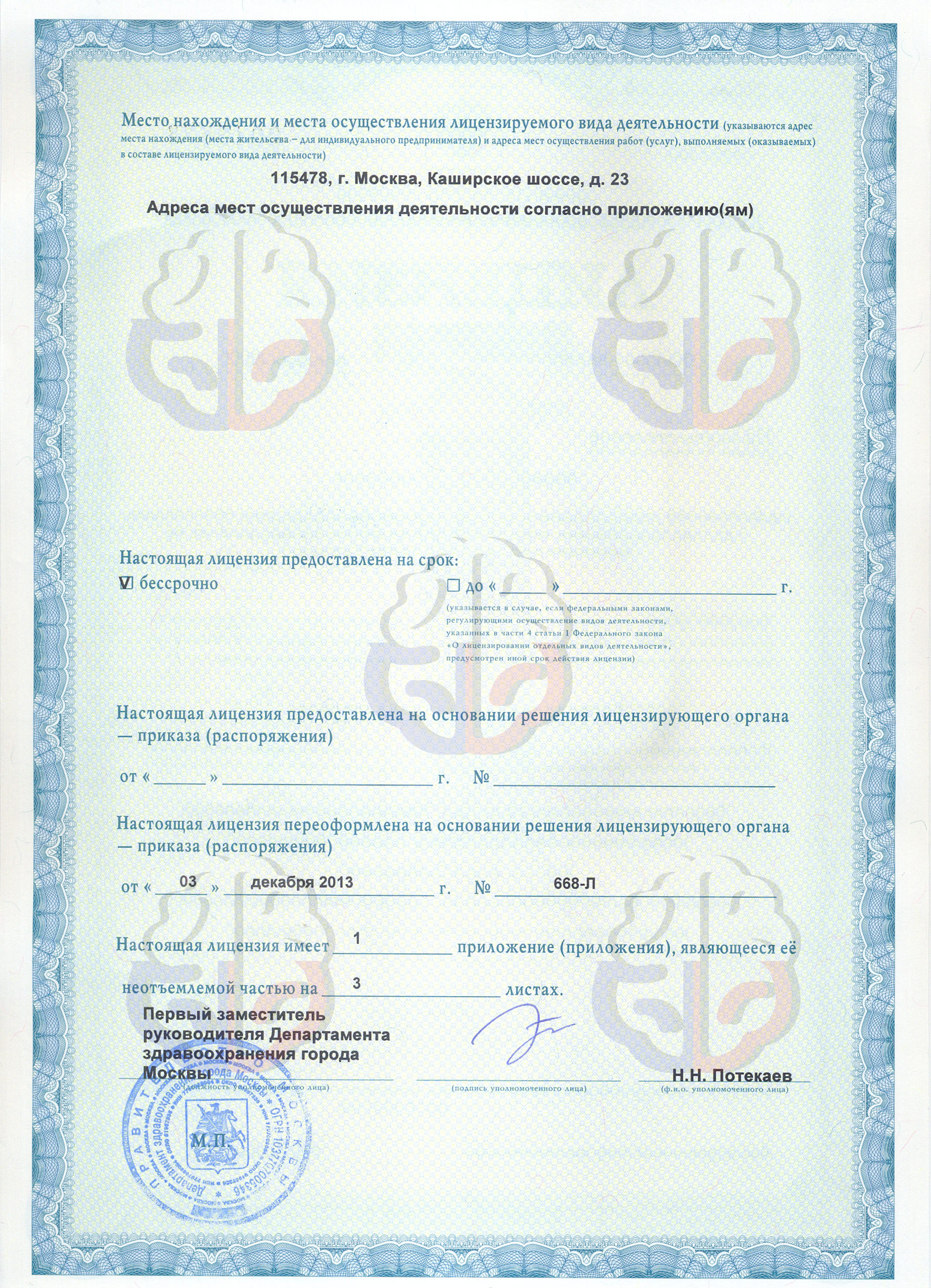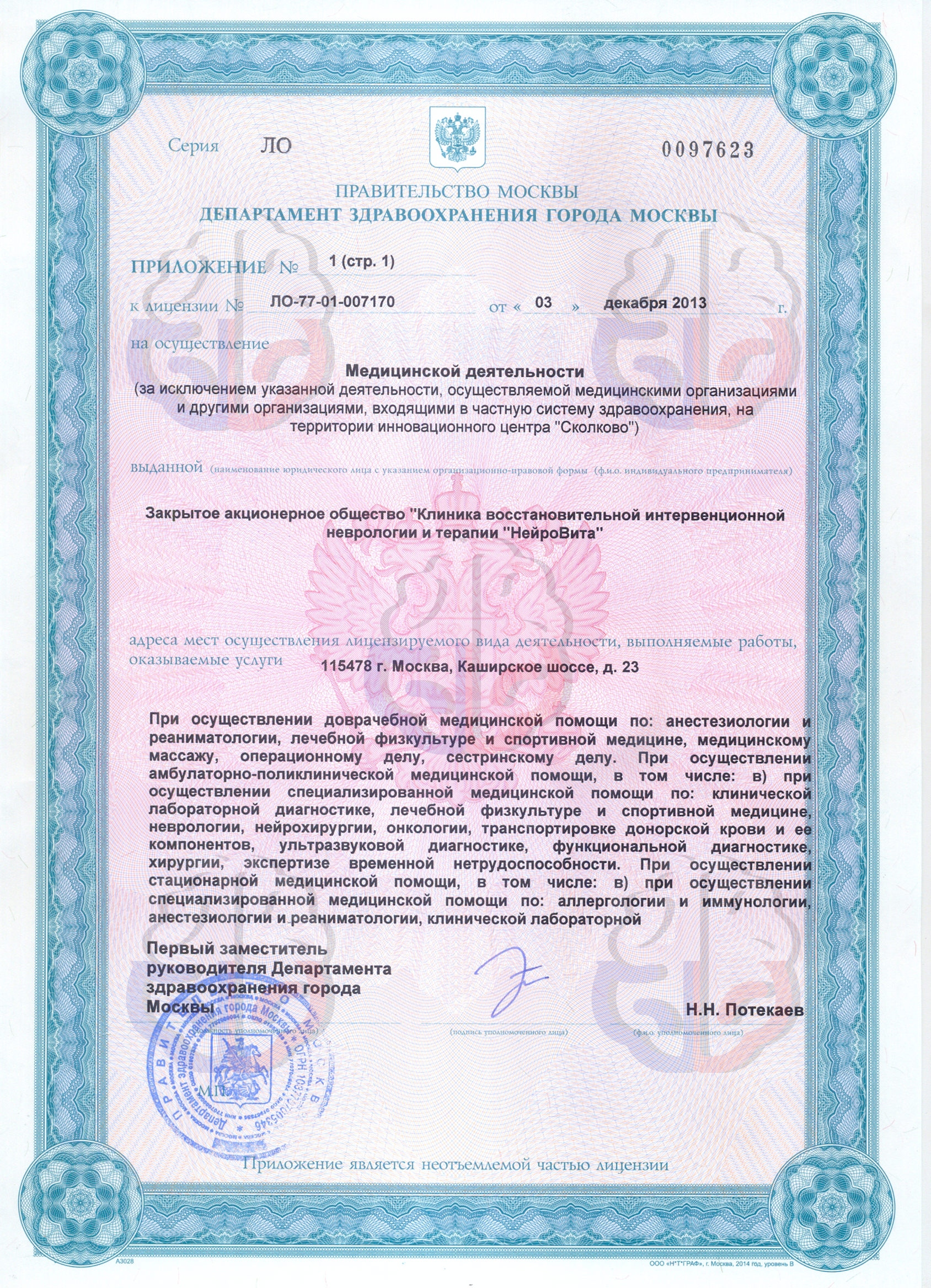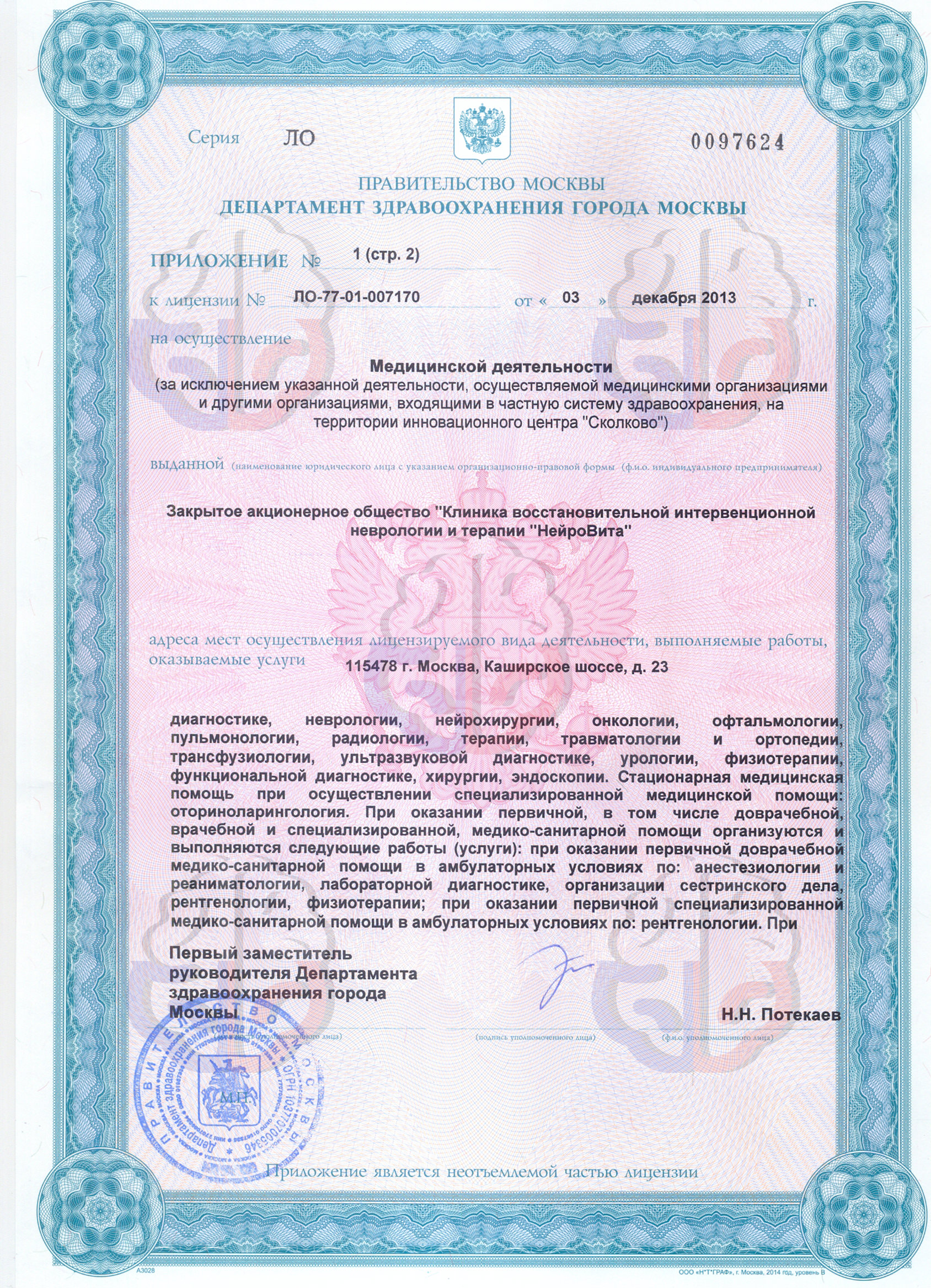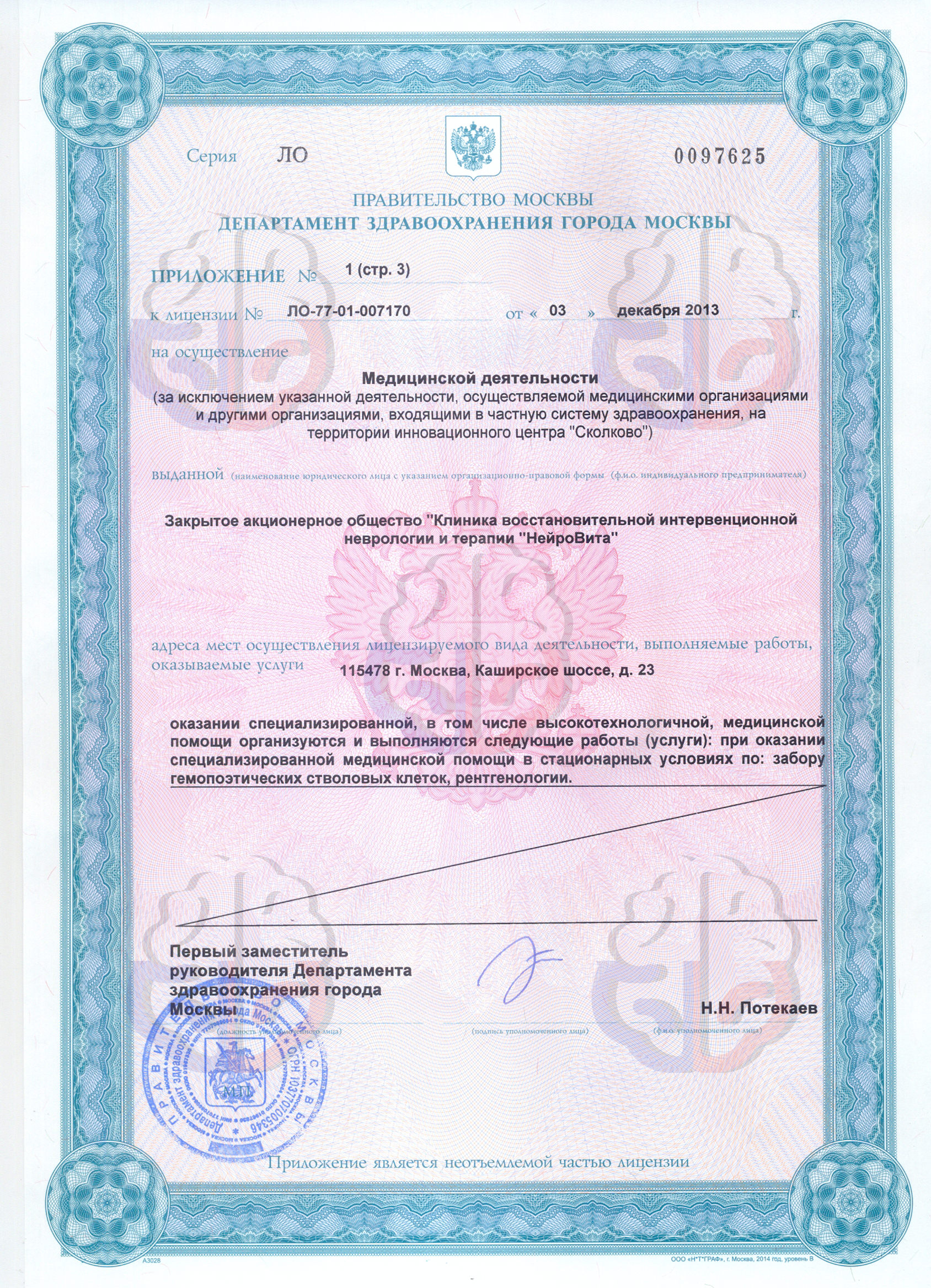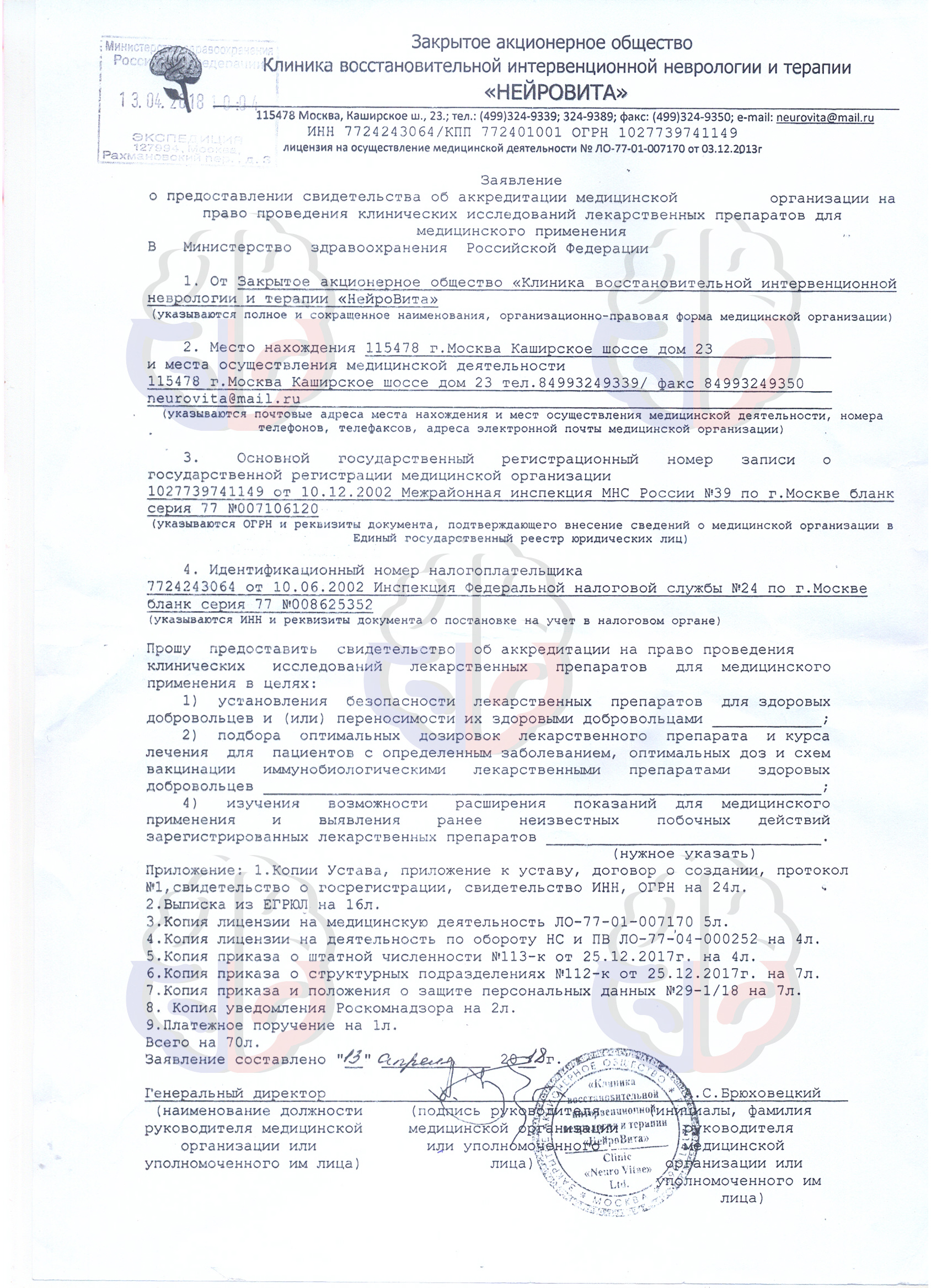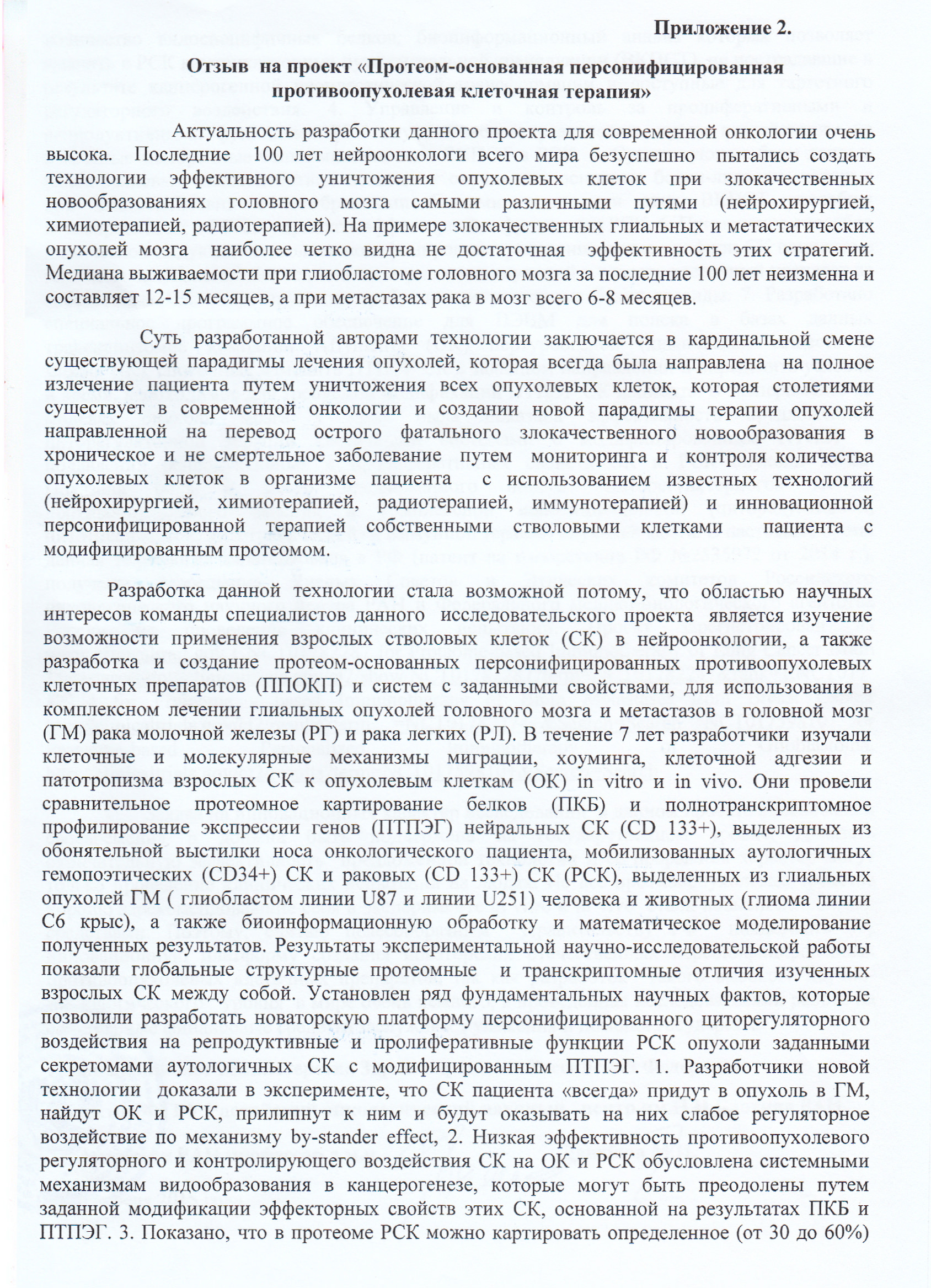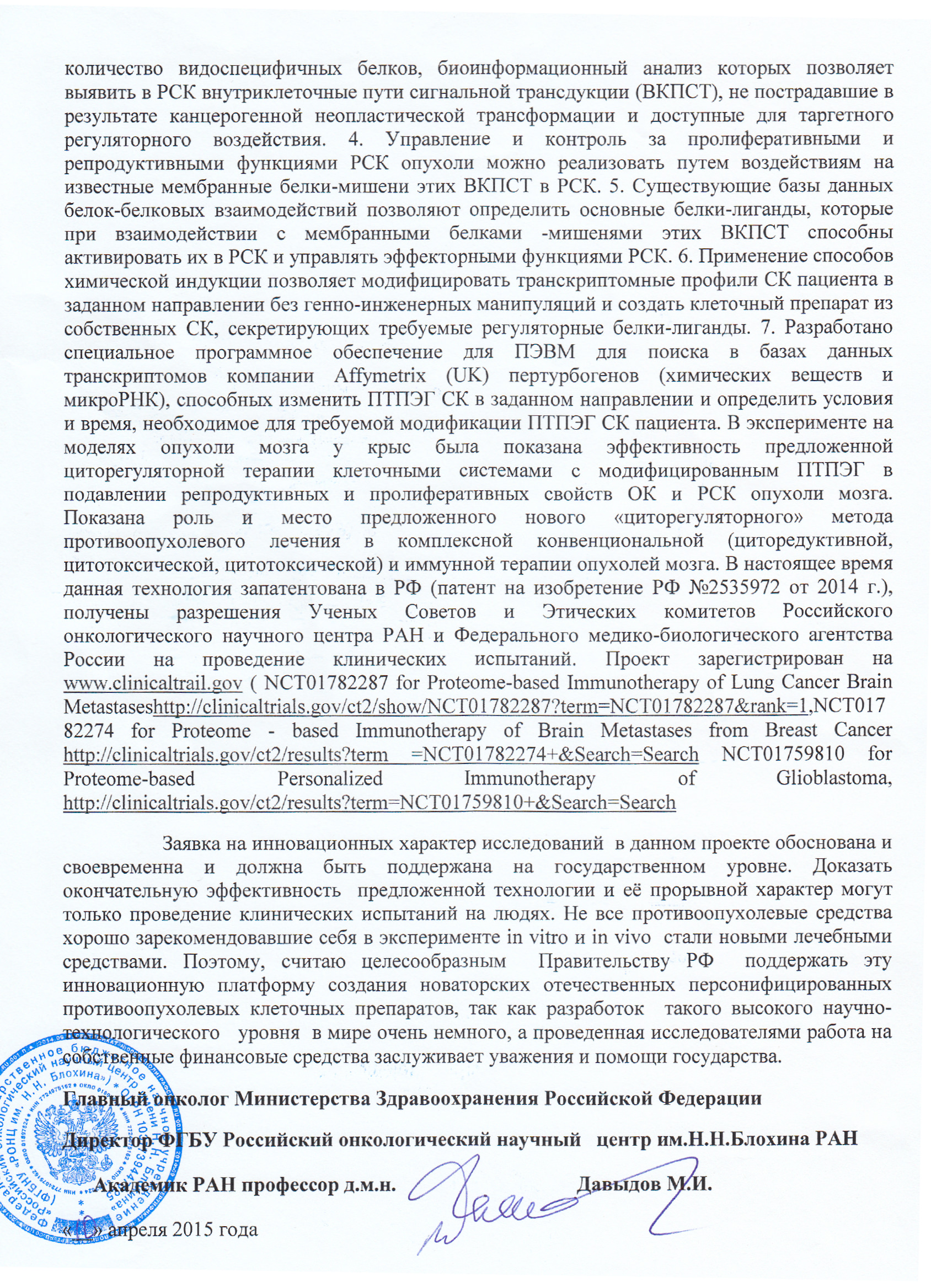Oncoimmunology
Antitumor dendritic vaccines and cytotoxic lymphocytes
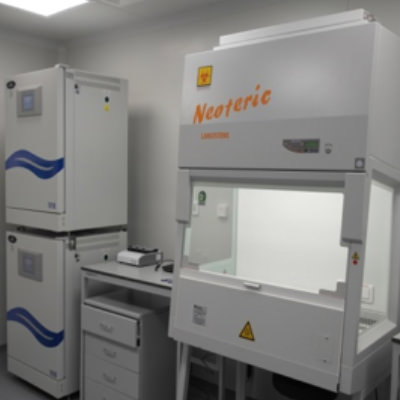
Antitumor cell preparations made on the basis of dendritic cells are called dendritic vaccines; they serve for simulation of the acquired antitumor immunity. These cellular preparations are obtained through two-stage culturing of the autologous white blood cells (WBCs, leukocytes) with the therapeutic agent interleukin-2, and then with the killed through a mechanical method or an ionizing radiation cancer tissue isolated from a patient during the surgery for tumor resection. As the result of the first stage, the WBCs turn into the dendritic cells, and at the second stage the dendritic cells, by “eating” the tumor-specific proteins (oncoproteins) from the dead cancer tissue become the advertising panel for blood lymphocytes and demonstrate it to the killer T-cells of a body as a patient’s own tumor protein and the target for elimination of cells that express these antigens. Dendritic cells that have absorbed cancer antigens from the tumor tissue, begin to actively express these cancer antigens at the surface of their membrane for specific cytotoxic T-lymphocytes (CTLs) that recognize these cancer cells in the body and kill cells that have such antigens at theie surface.
To enhance the presentation of the tumorigenic antigens through proteomic mapping of tumor cells, the dominating tumor-specific proteins are identified in tumor cells by the mass spectrometry and the artificial dominating cancer antigens in the form of recombinant proteins are “fed” to the dendritic cells. That is, the oncoproteins with the highest expression are identified in the data received in the protein examination of the patients’ tumor tissue, and the antitumor properties of the dendritic cells are enhanced with their recombinant analogues.
These are called the proteome-based vaccines, i.e. the vaccines that have been enhanced with the proteins that are specific to the certain tumor. To await no gifts from the nature and to be confident that the cytotoxic T-lymphocytes will emerge in the body in response to the dendritic vaccines, this function of the immune system can also be simulated through co-culturing of the WBC of the patient’s blood with dendritic cells presenting tumorigenic antigens. As a result, the clone of the cytotoxic T-lymphocytes (CTL) able to destroy all tumor cells is produced in vitro and out of the body.
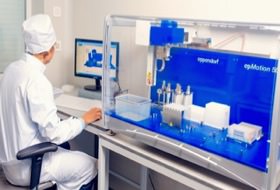
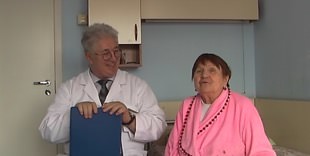
The key idea of the immune therapy based on the dendritic cells is to invigorate the fight of the immune system against cancer cells similarly to vaccination against flu or infections. Our method relies on the immunotherapy by the cytotoxic lymphocytes and dendritic vaccines as a way to establish the artificial antitumor immunity when patients’ own immune system is no longer functioning. Flu vaccine implies the infusion of the dead viral components into a human body, and thus stimulation of the production of protective T-cells (killer cells) that can destroy cells damaged by a virus. Our experts have developed the similar method of stimulation of the immune cells in vitro. The WBC are extracted from the patient’s blood to become a tool in the fight against cancer cells. They are co-cultured with tumor cell components and the dendritic cells known as vaccines are formed. When infused the vaccine promotes the formation of the autologous cytotoxic T-cells which specifically destroy malignant cells; and the infusion of artificially grown CTL increases the possibility to eliminate a greater number of tumor cells.
Practical efficiency of the products created according to the methods of the cell therapy method has already been proved and confirmed by many years of clinical application in the cancer hospital. The work on new products continues and all existing preparations will be registered as soon as the appropriateregulation is ready. By participating in clinical trials, patients receive an opportunity to improve their quality of life as well as the chance for survival.





